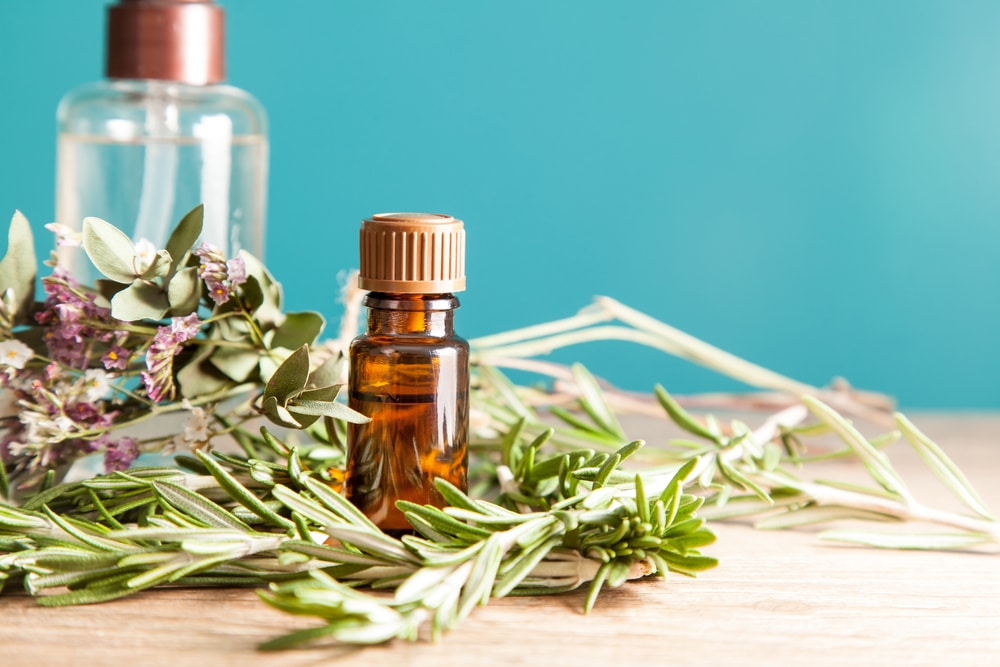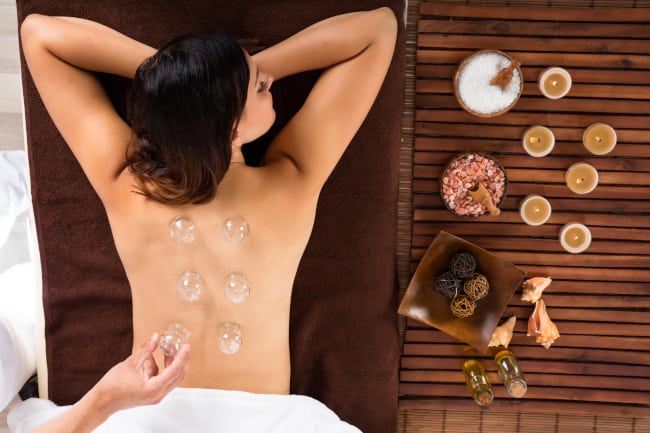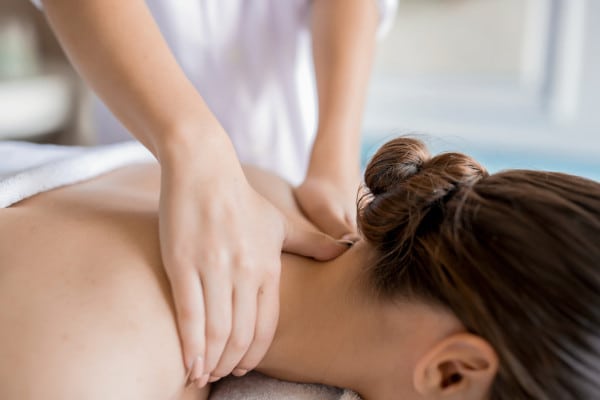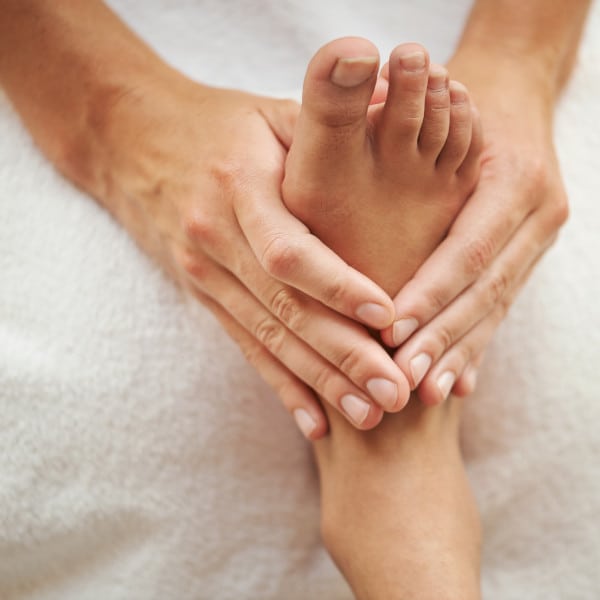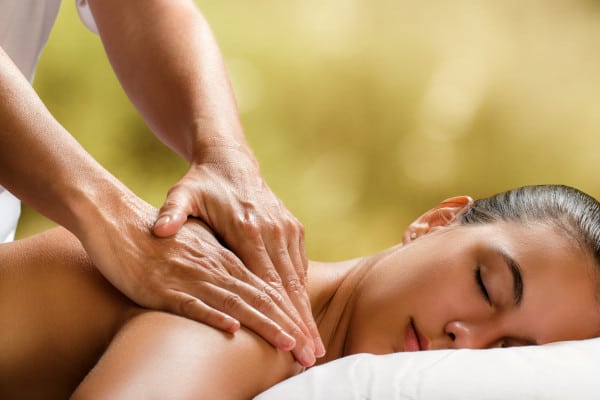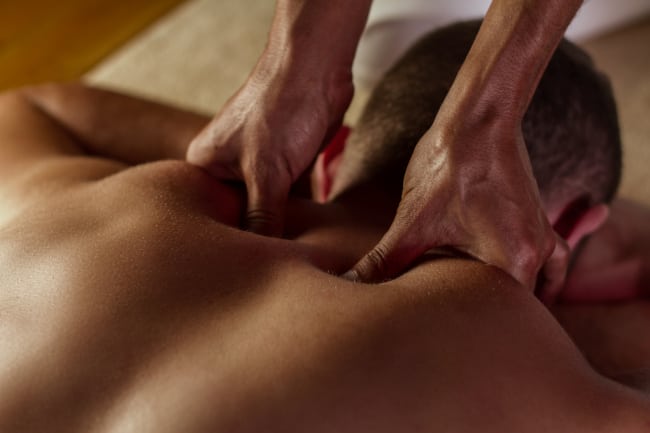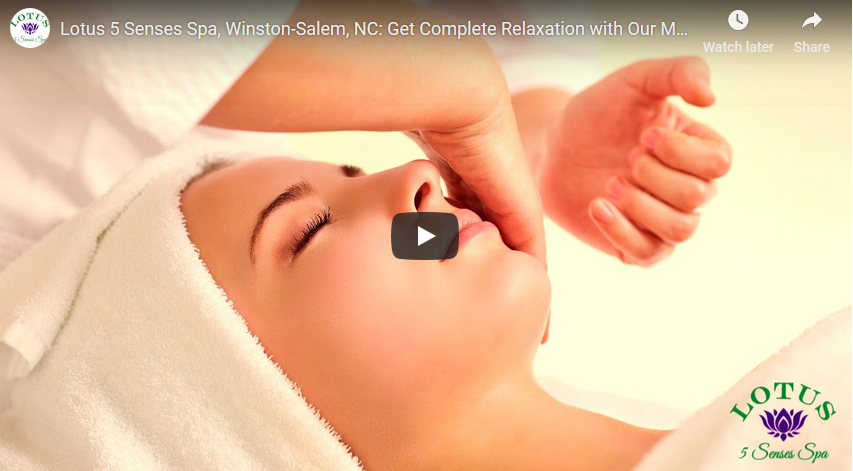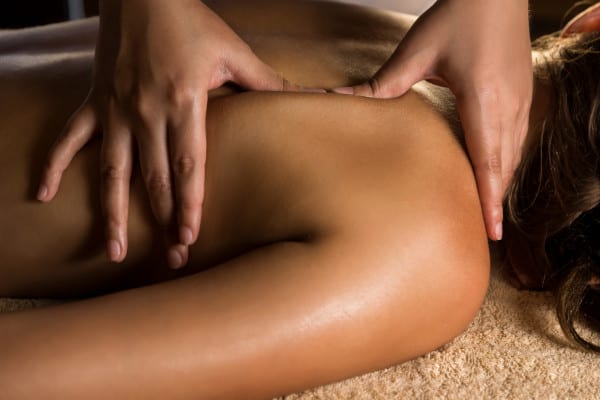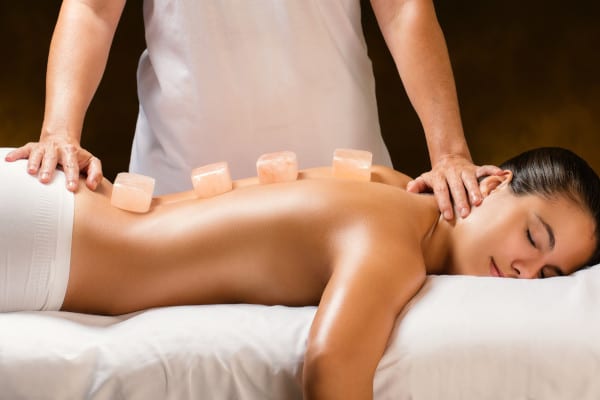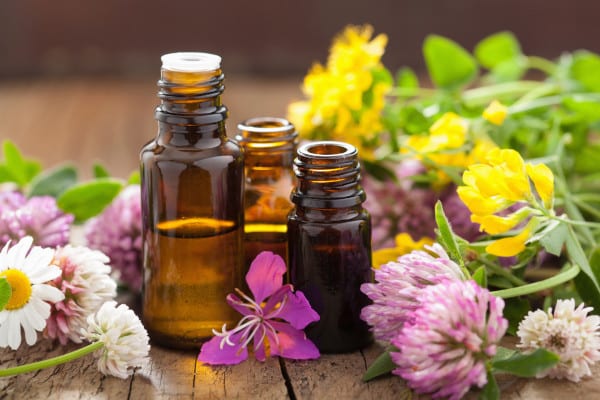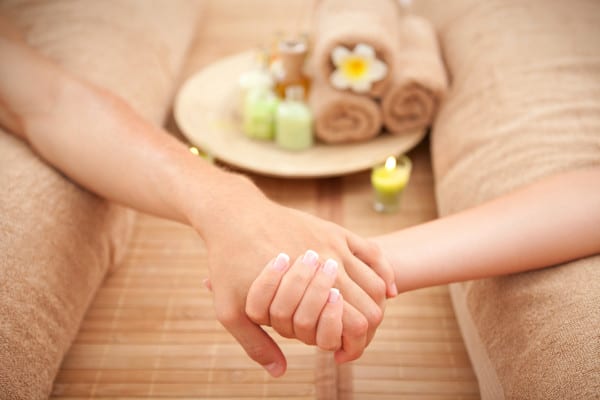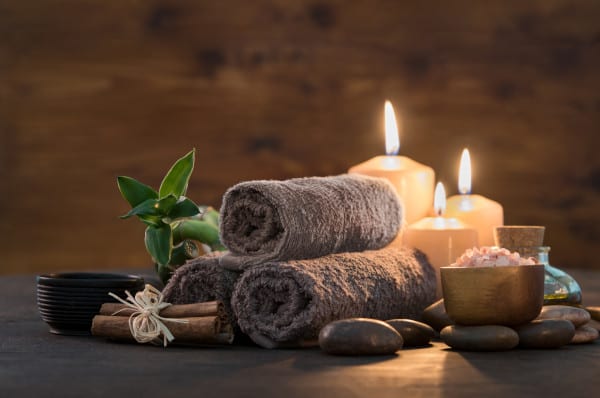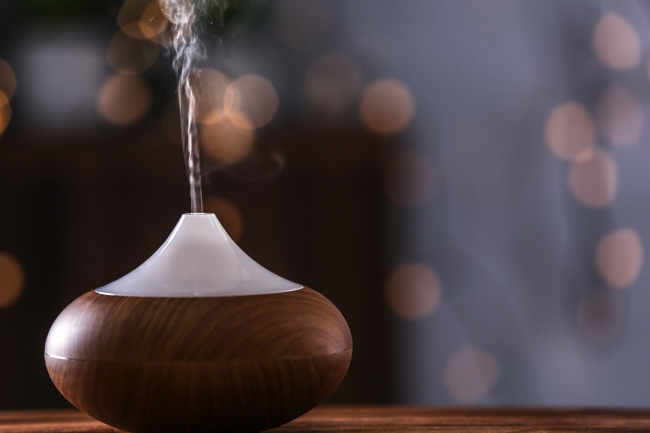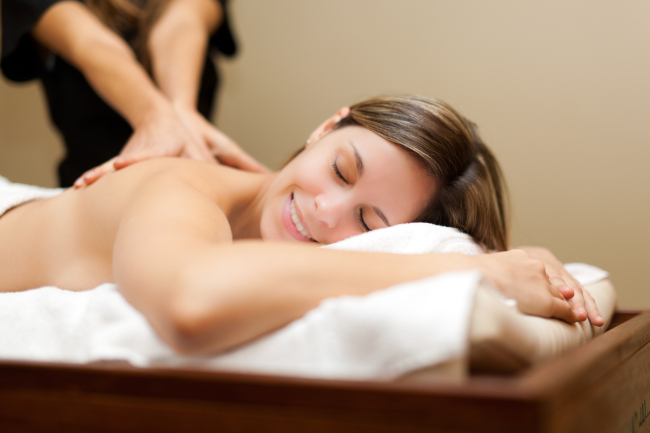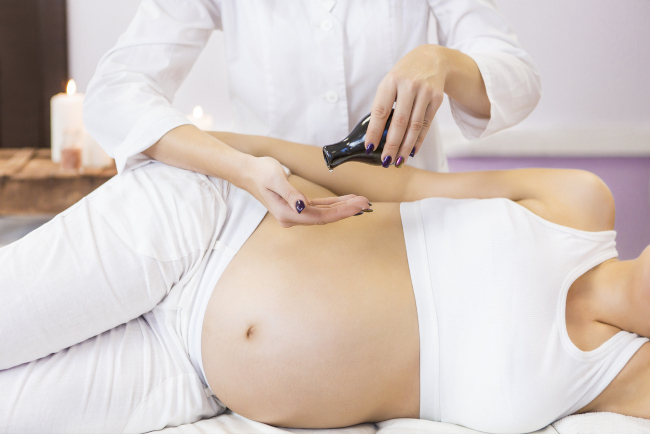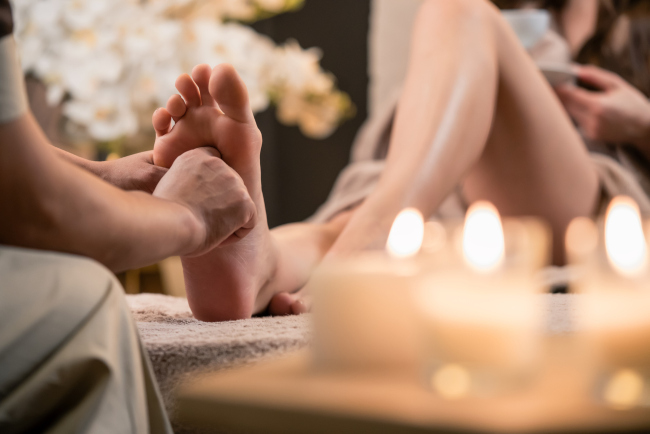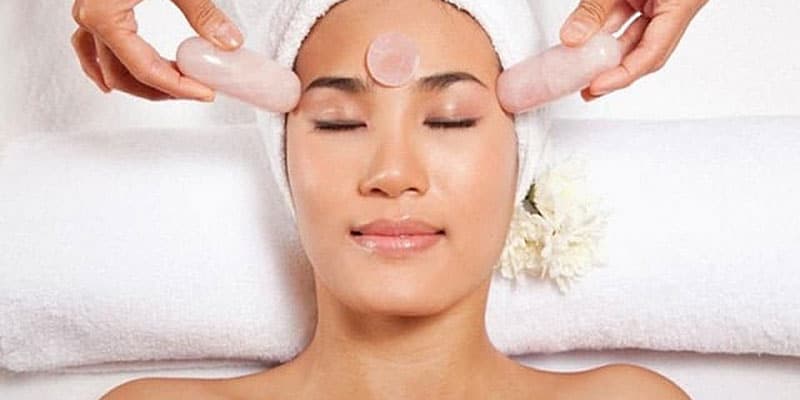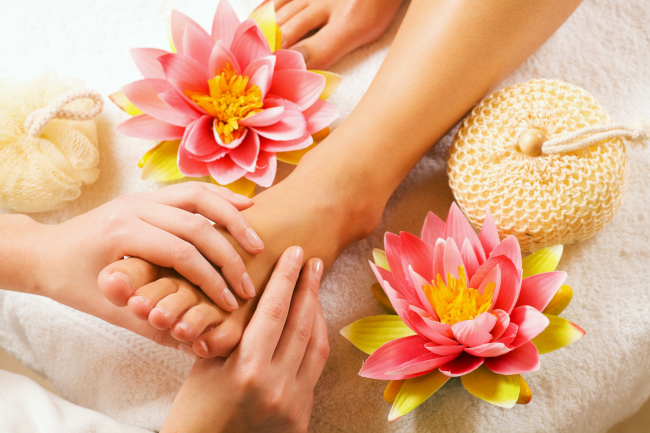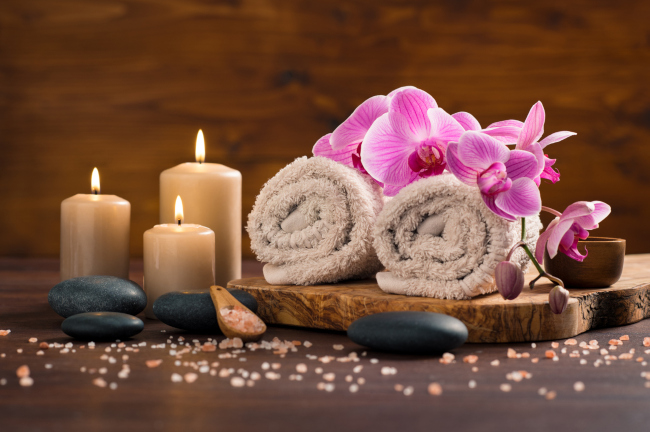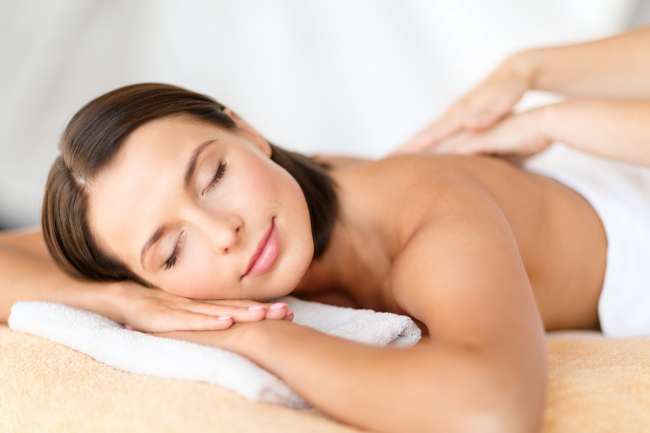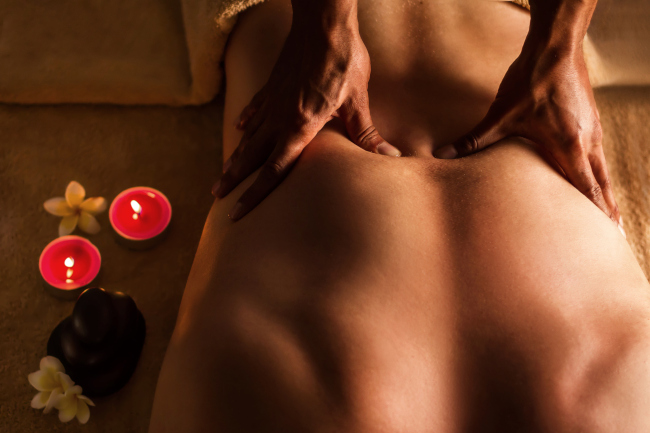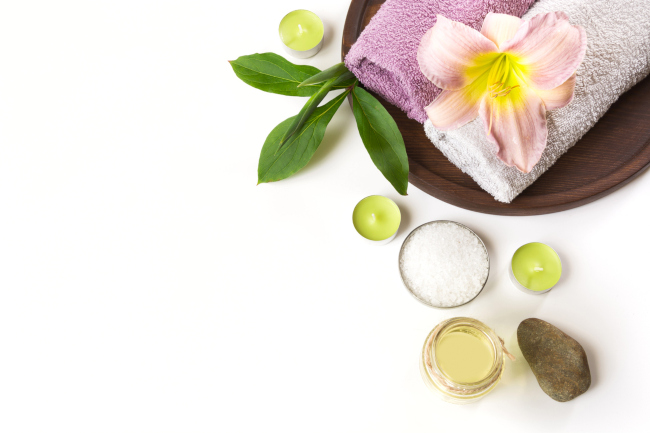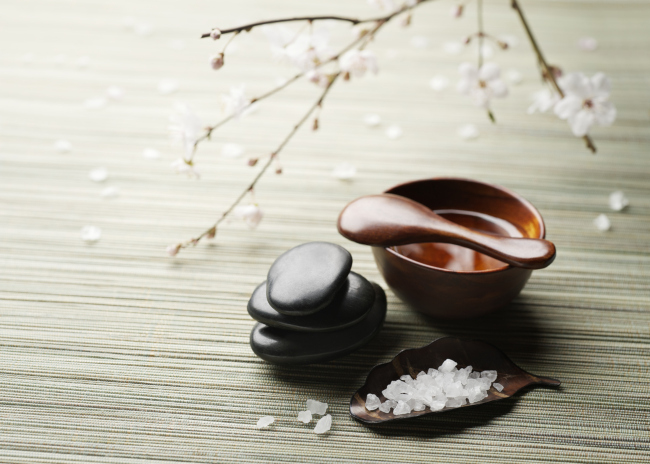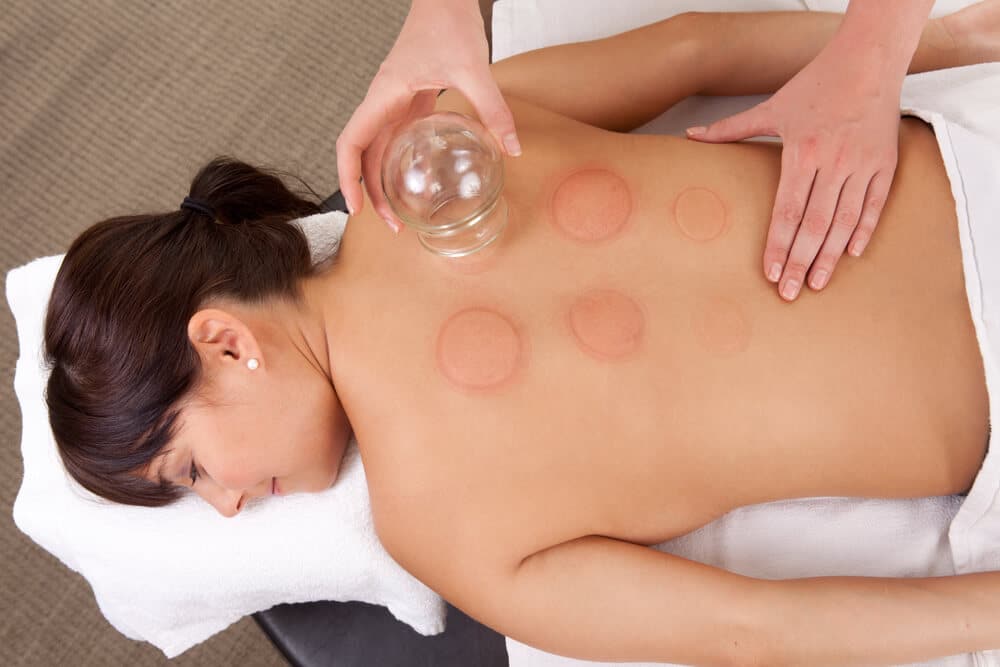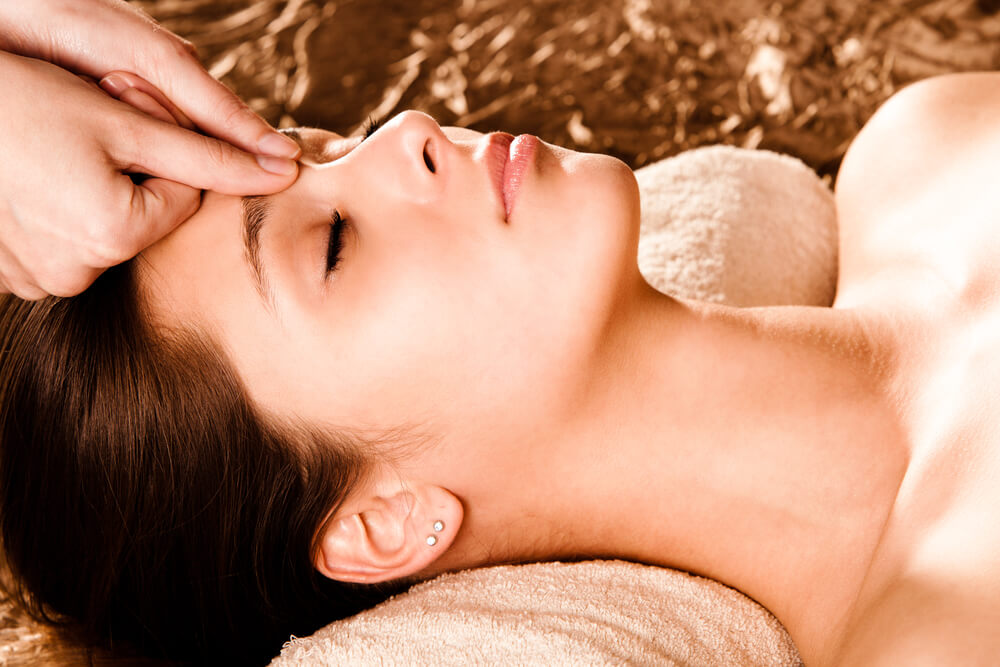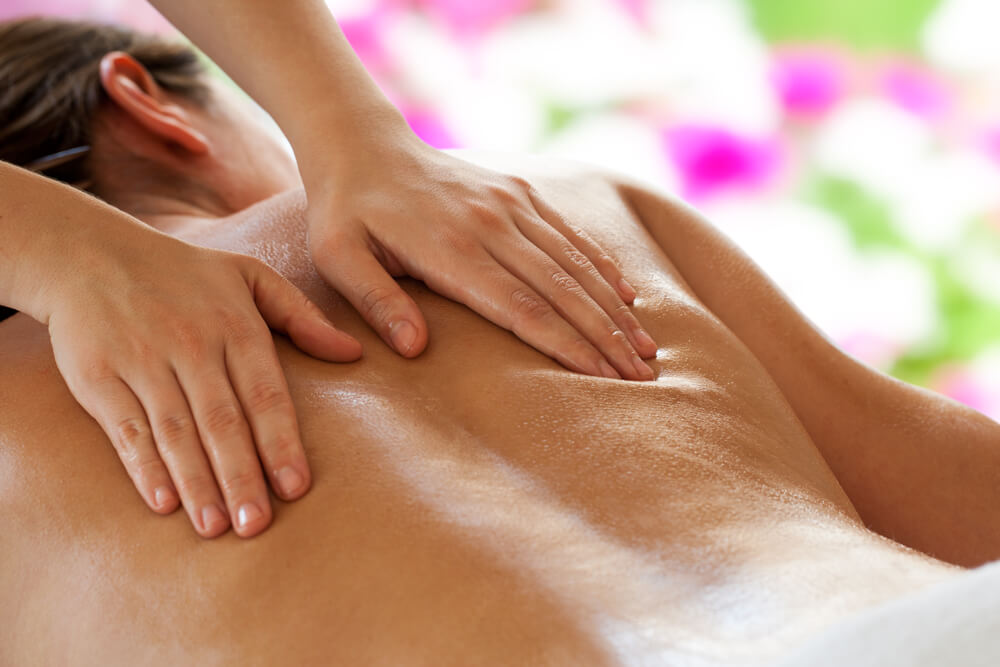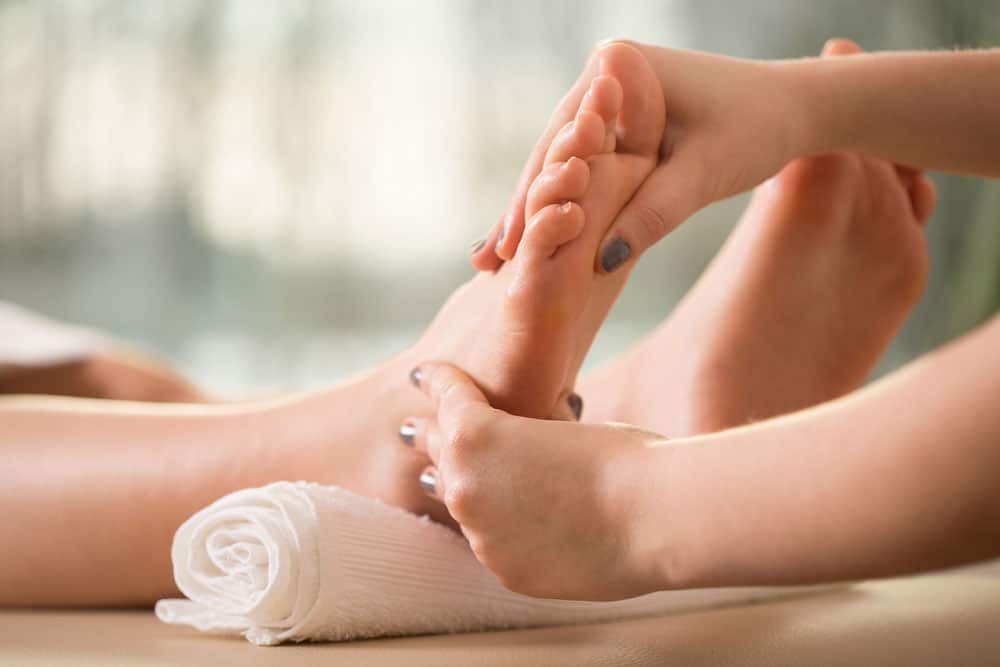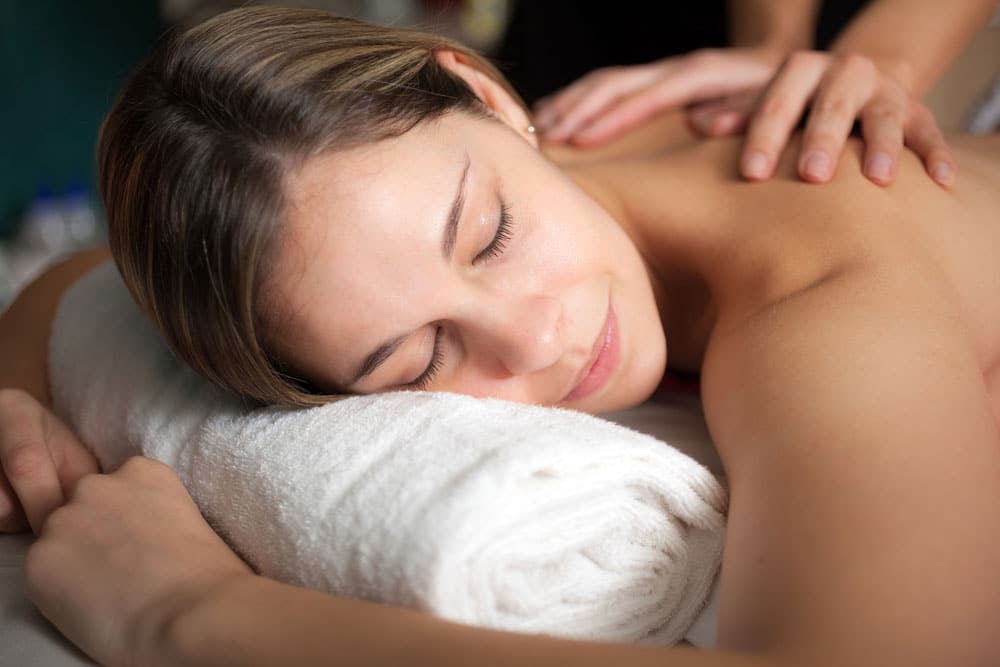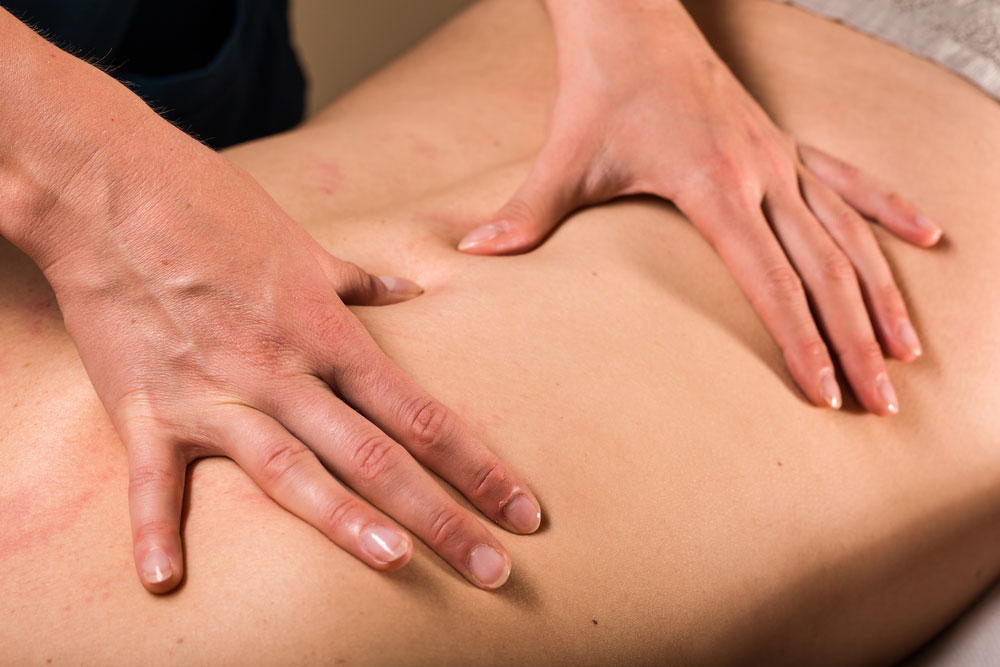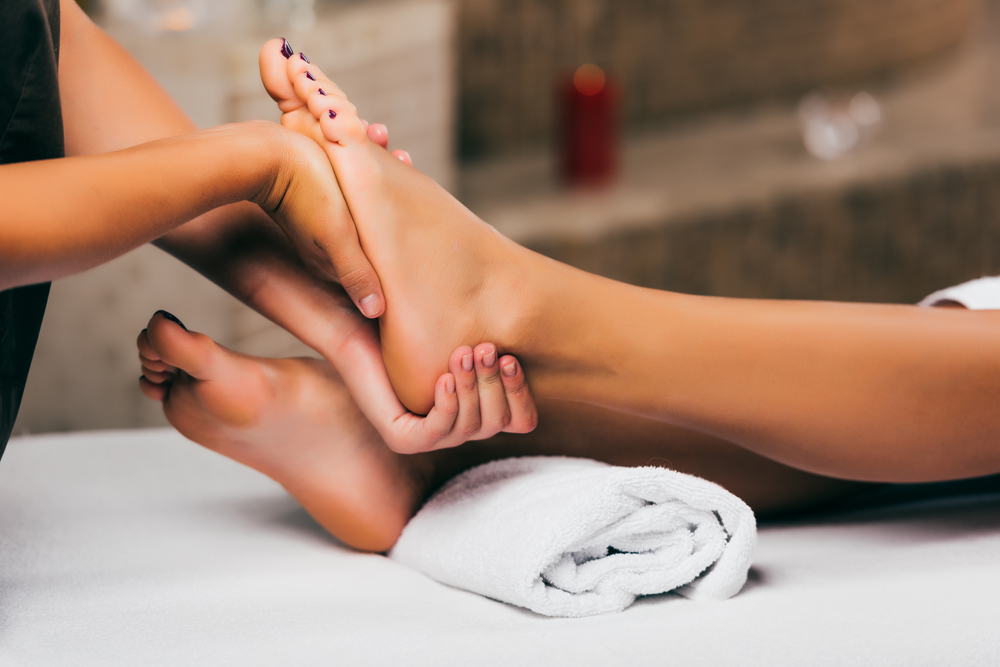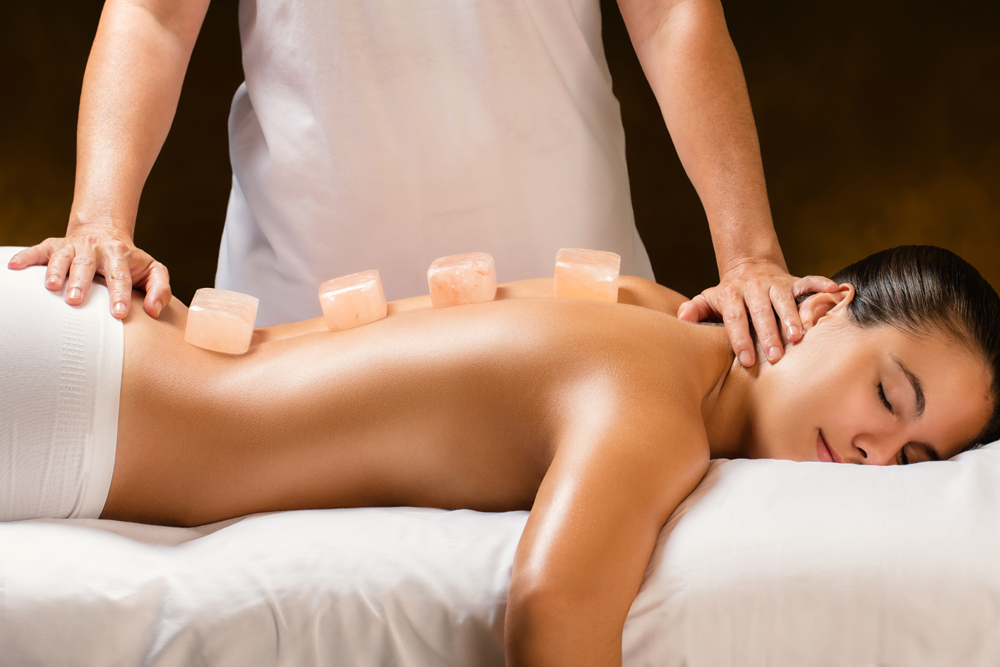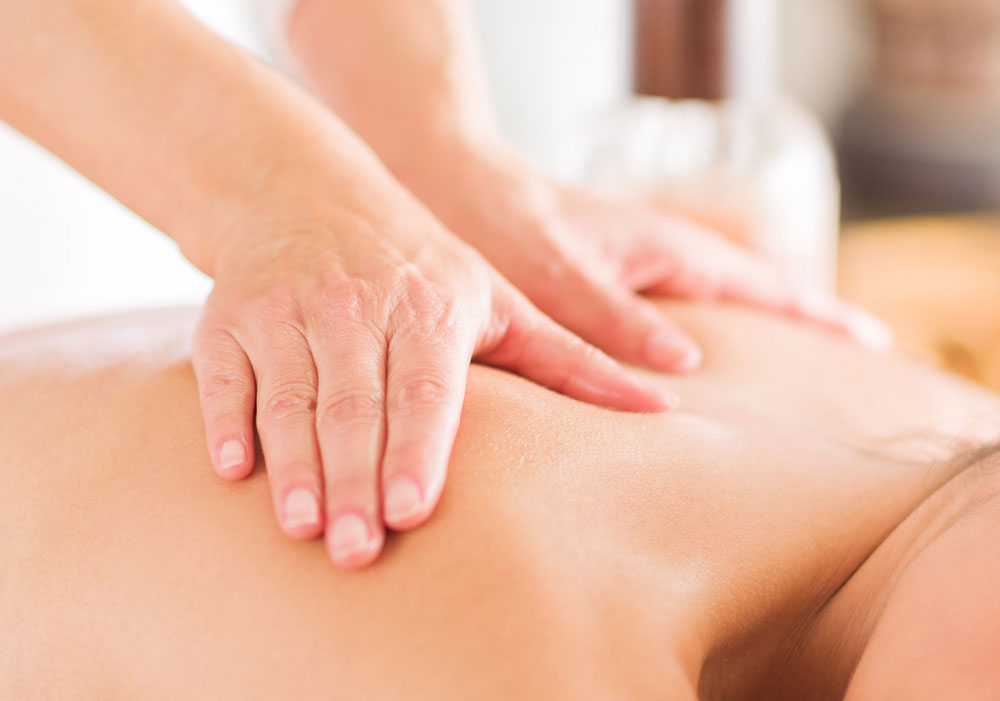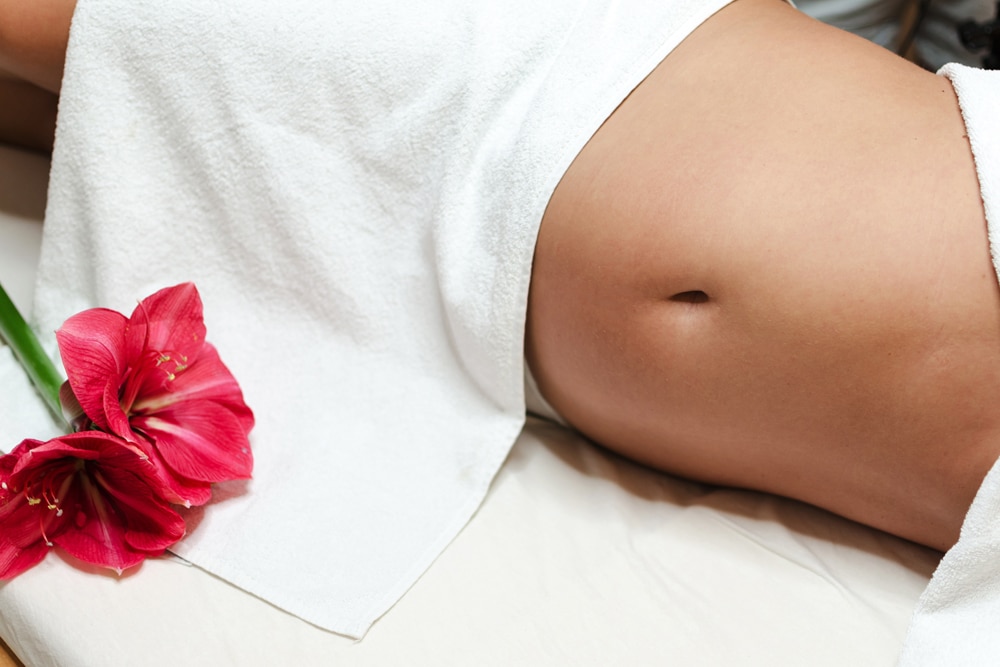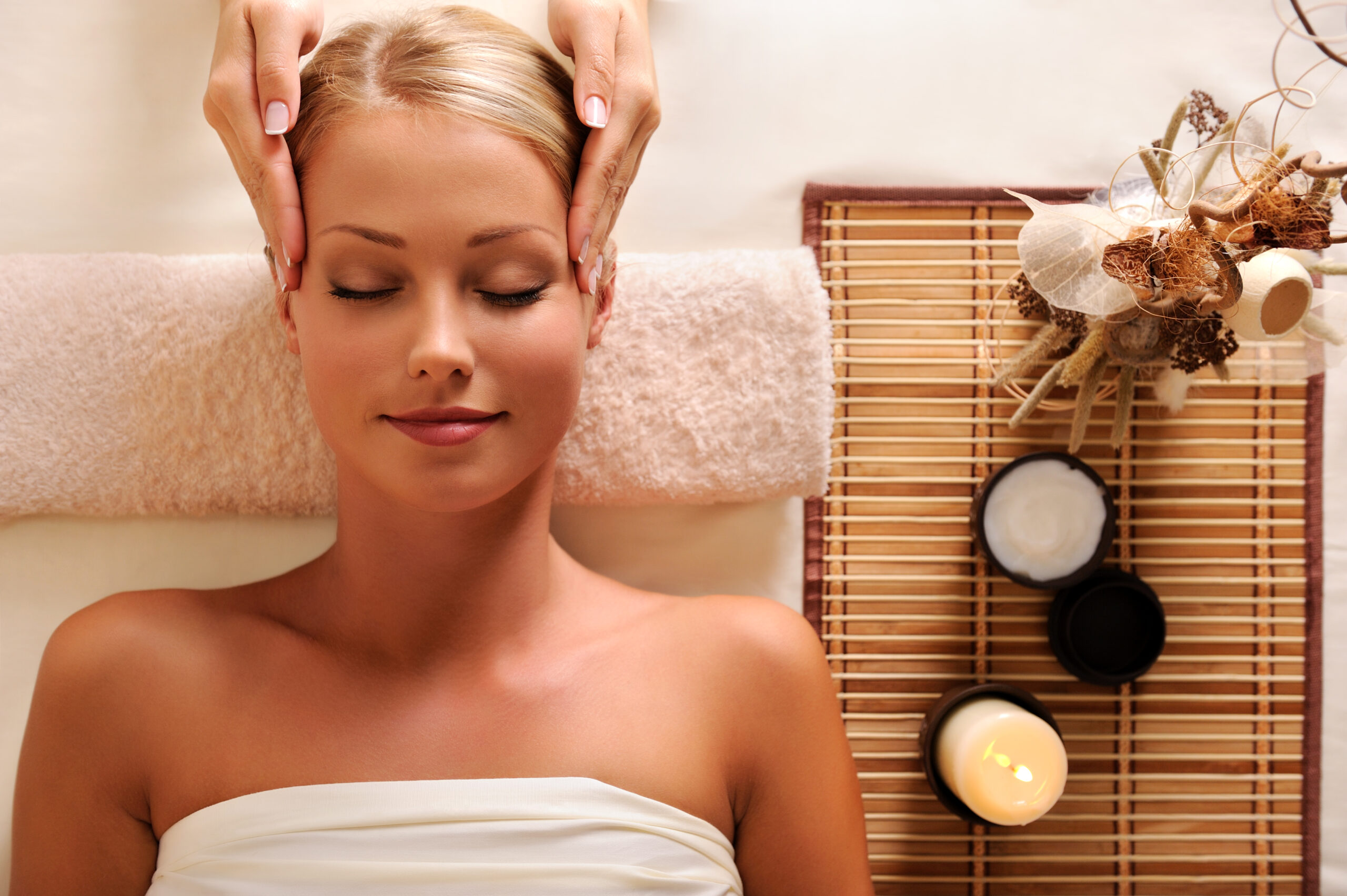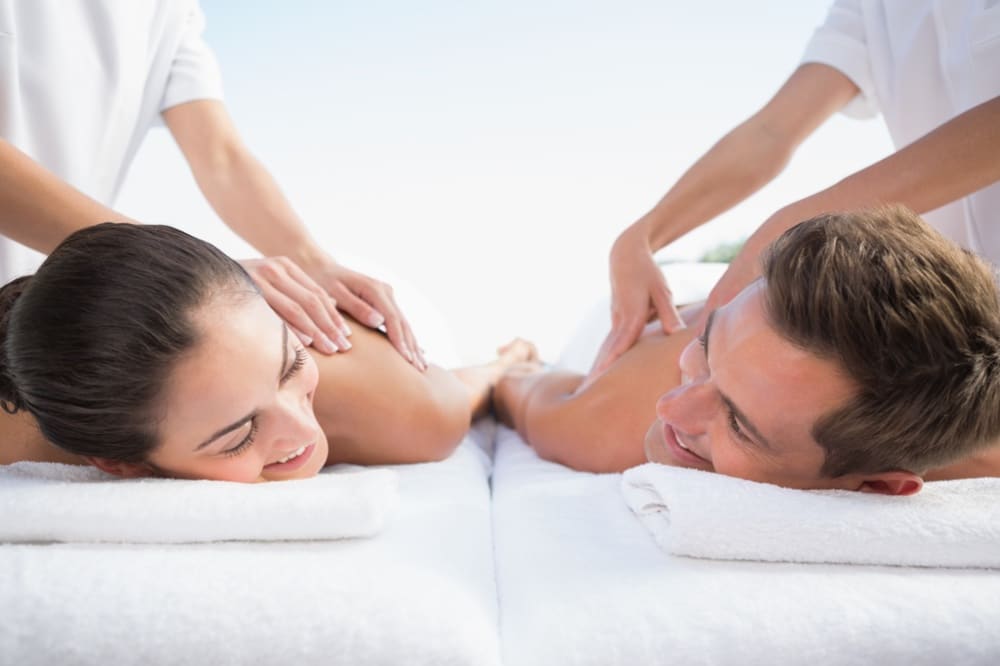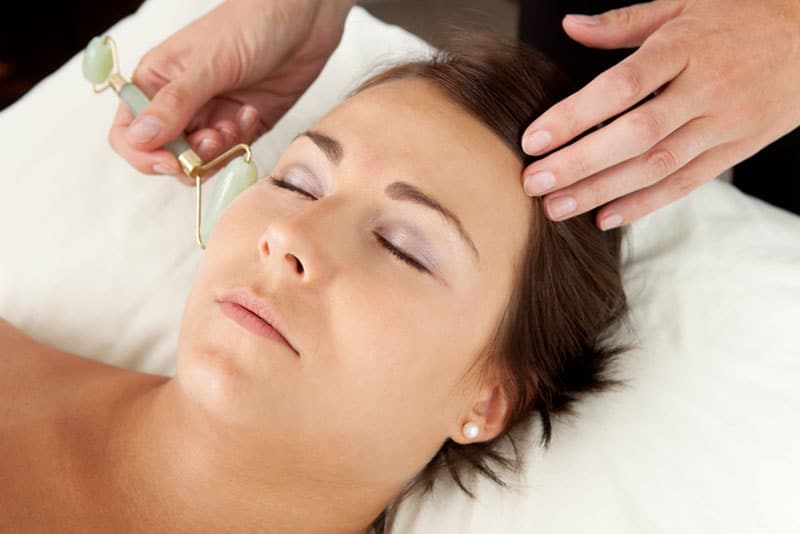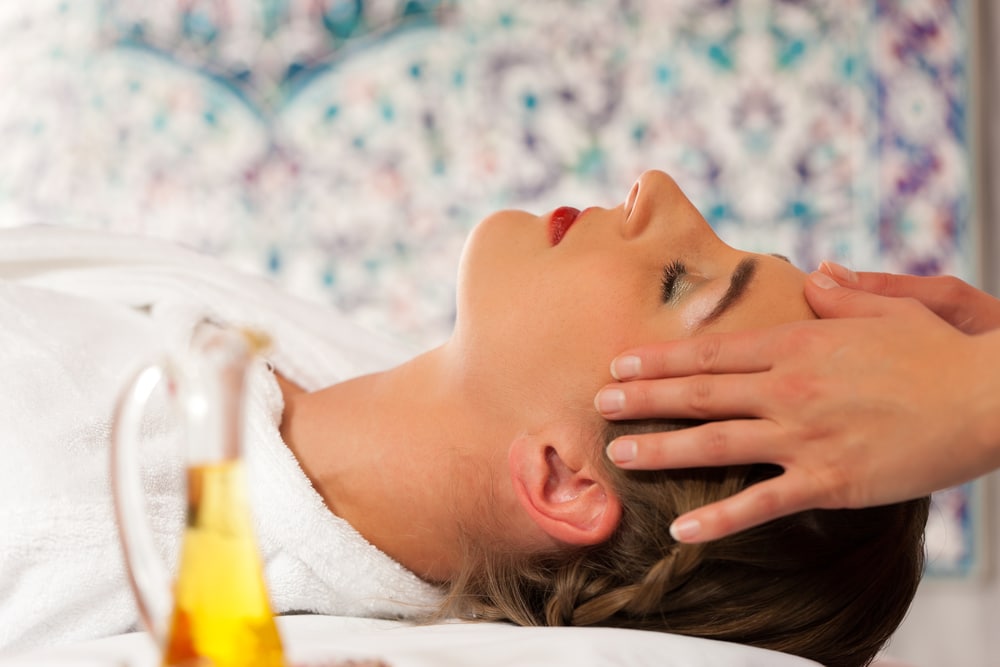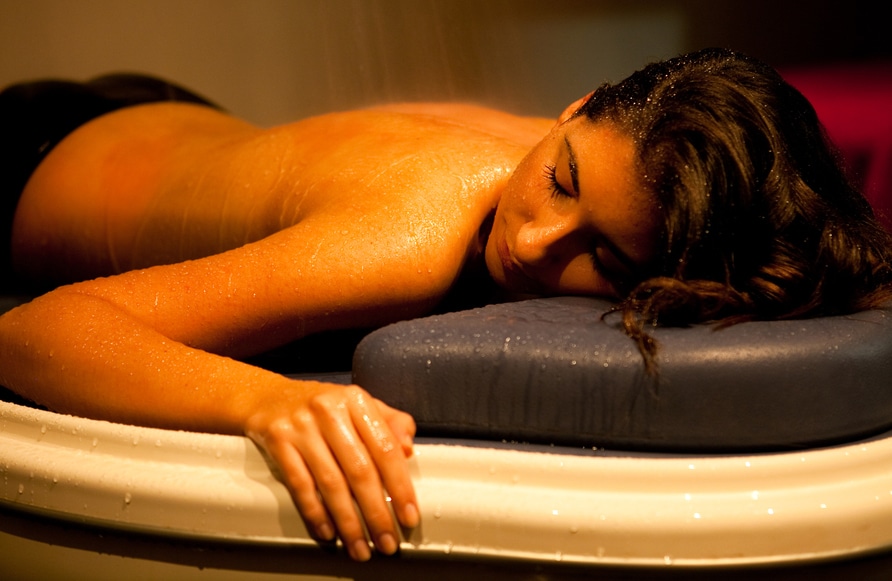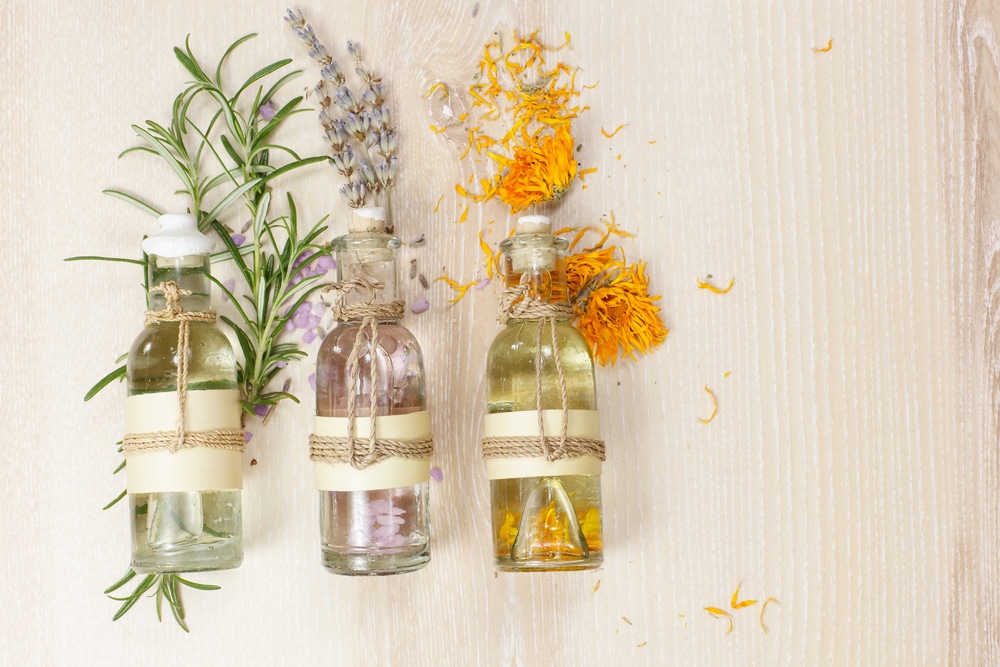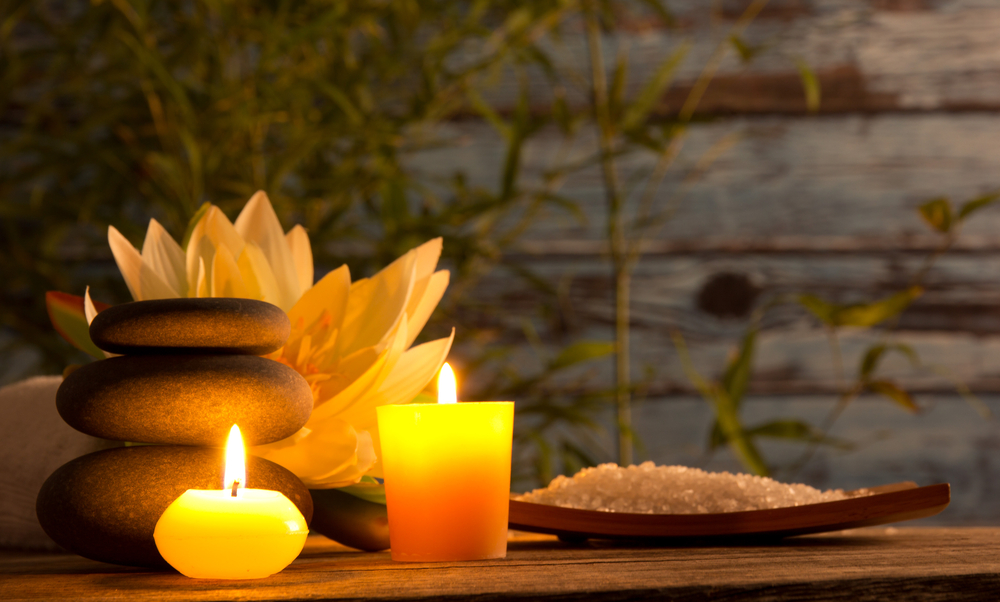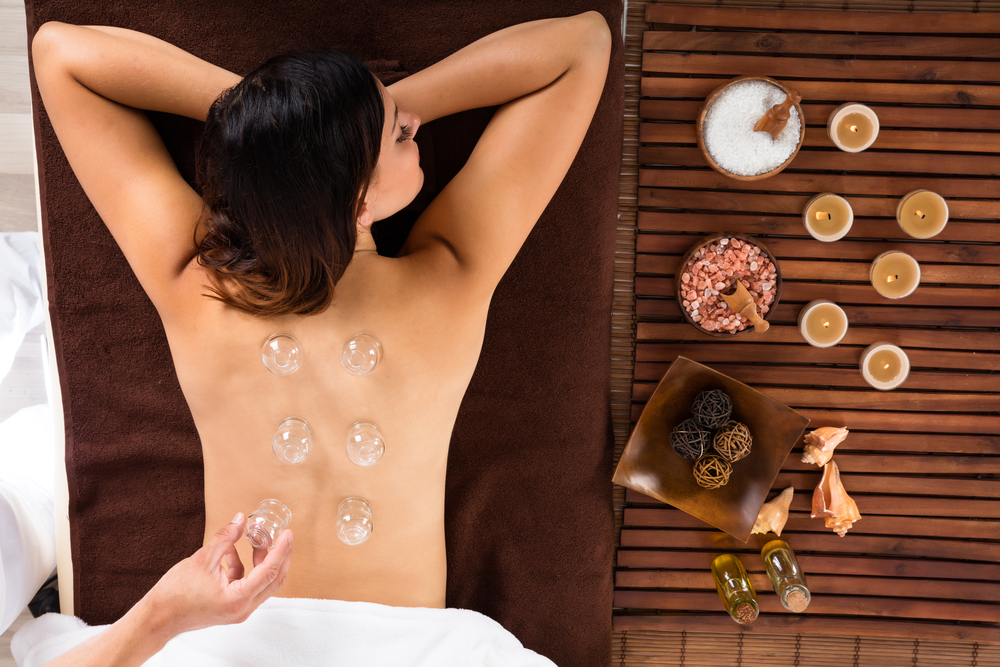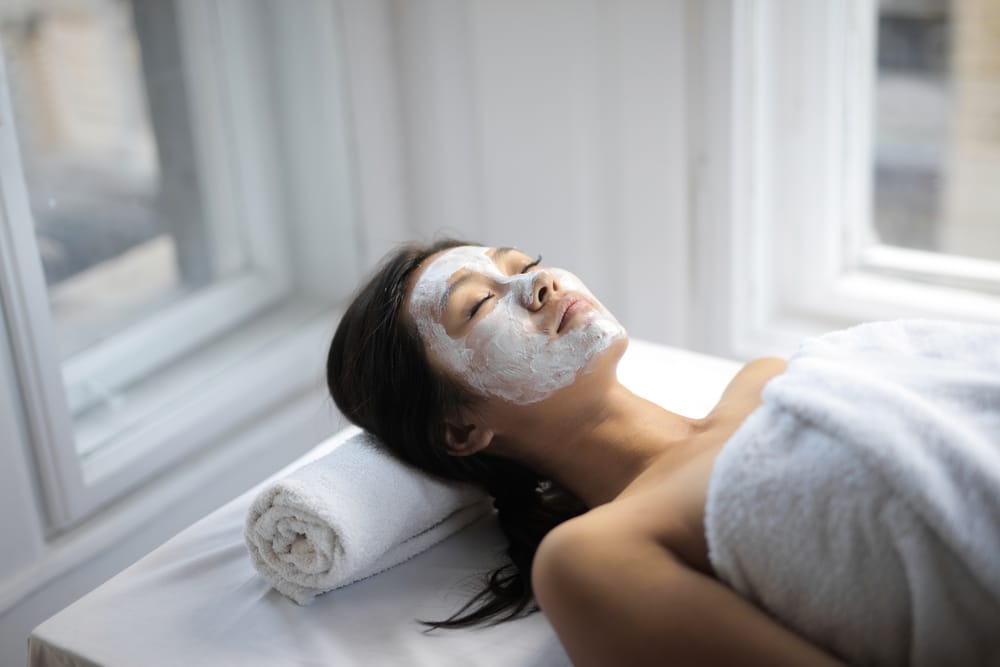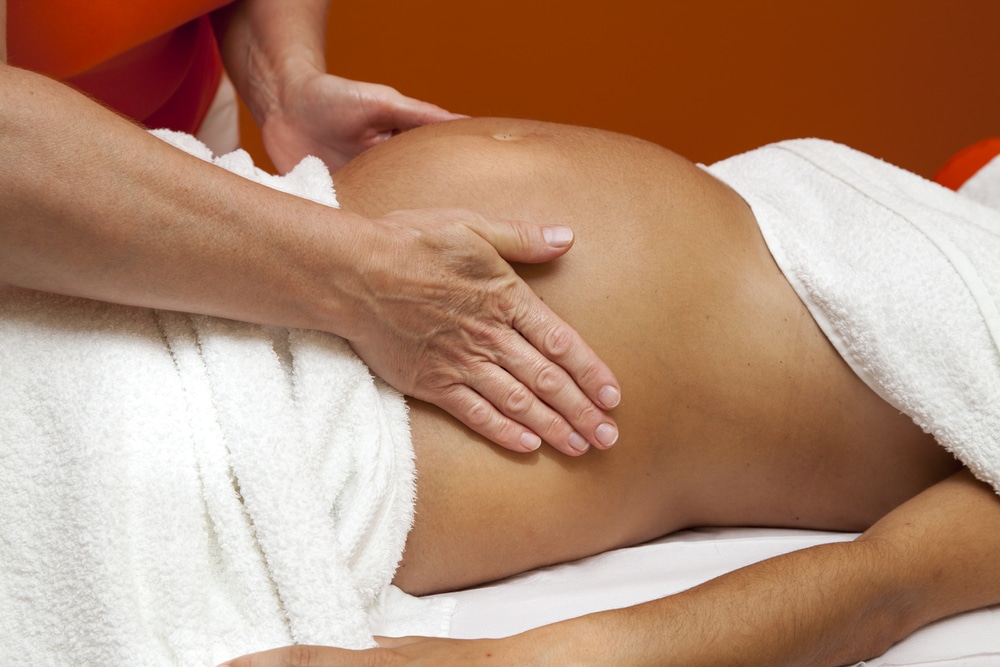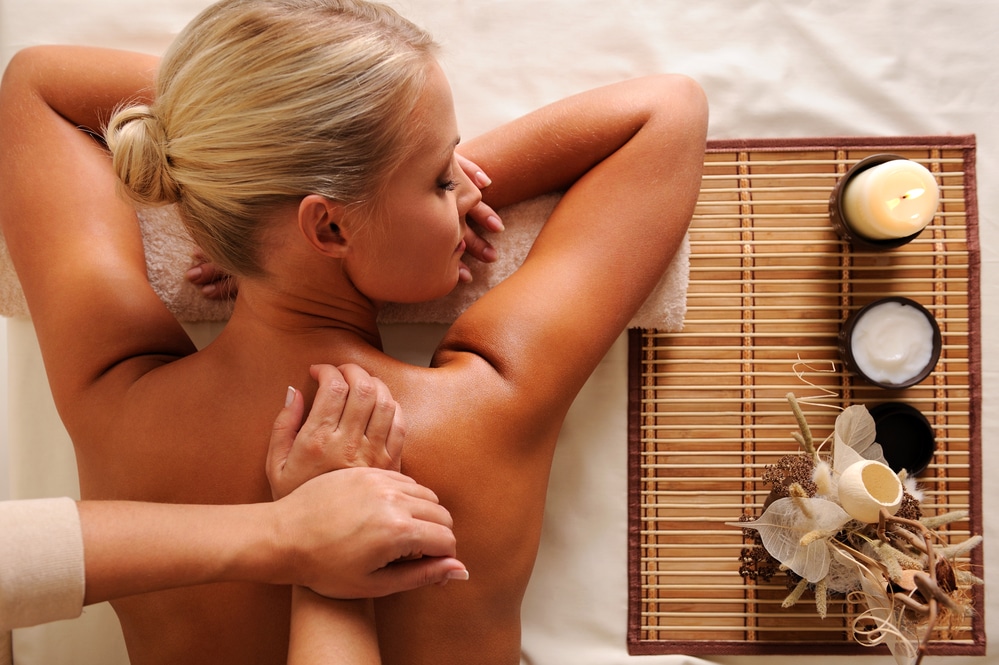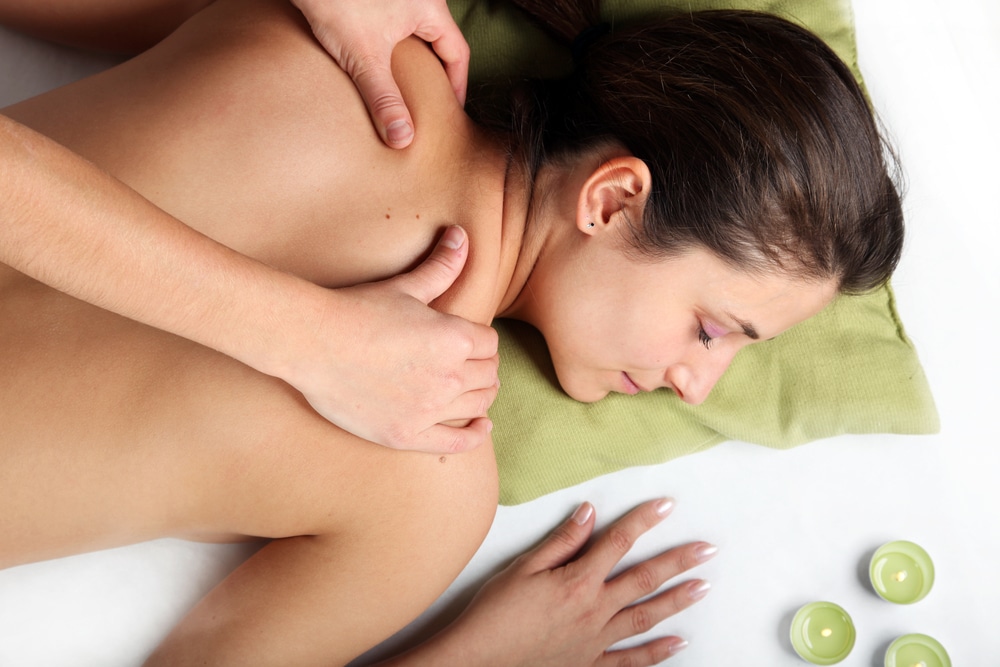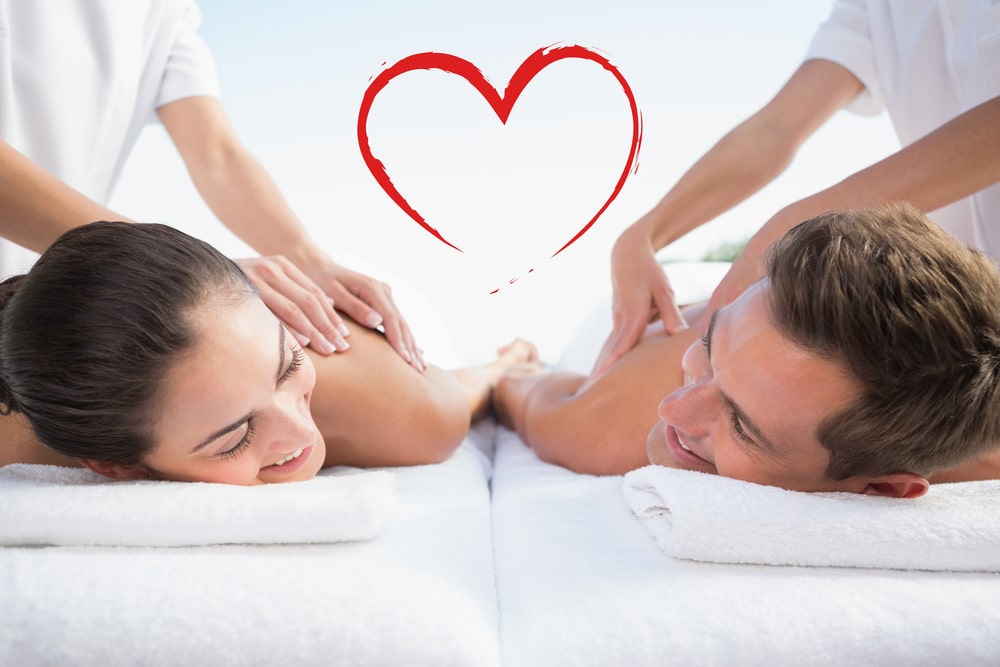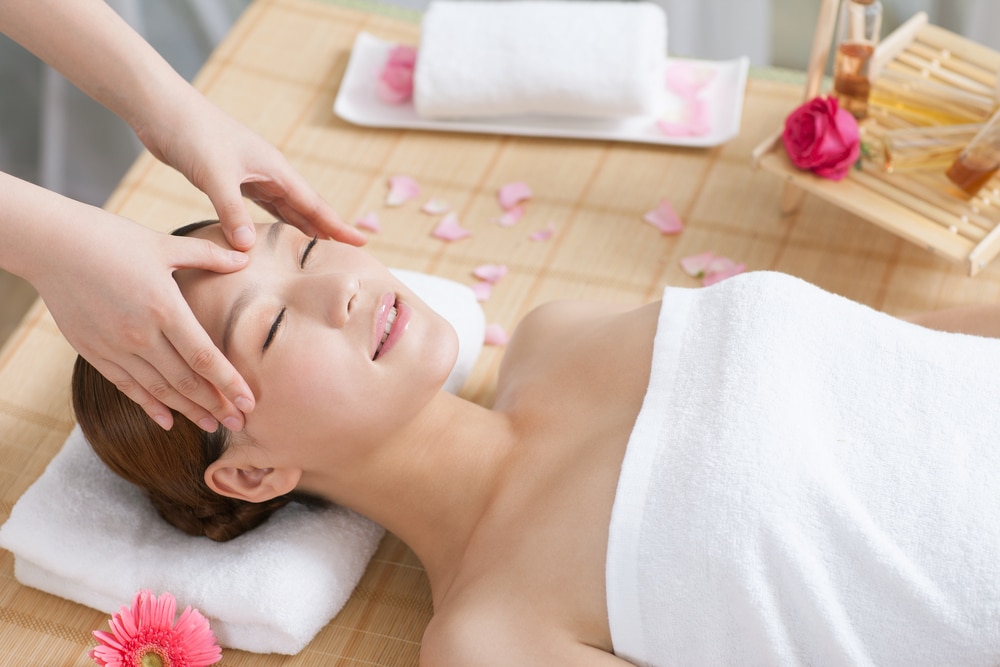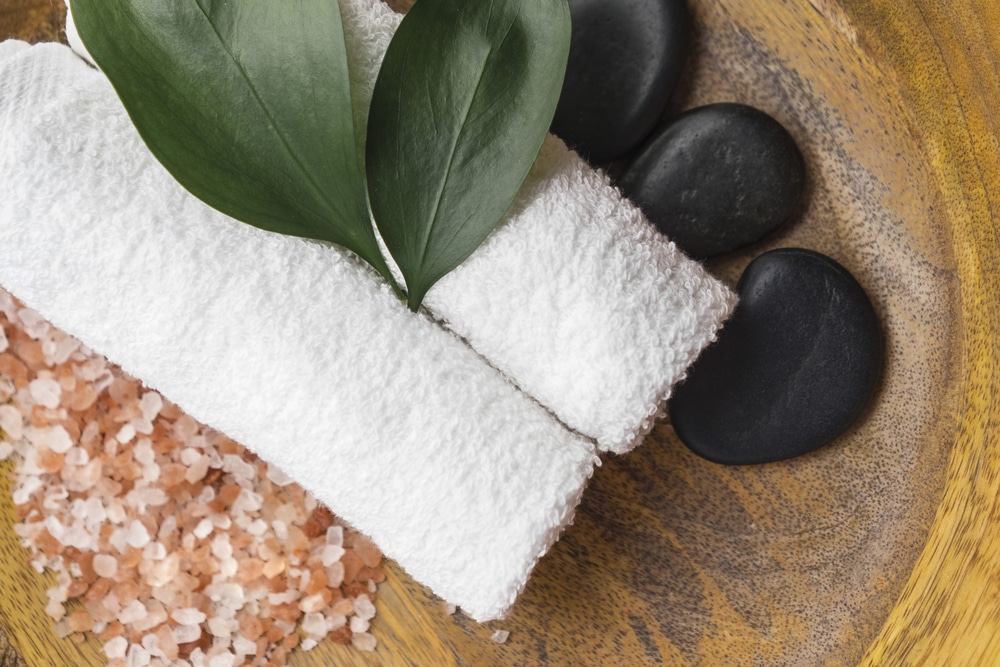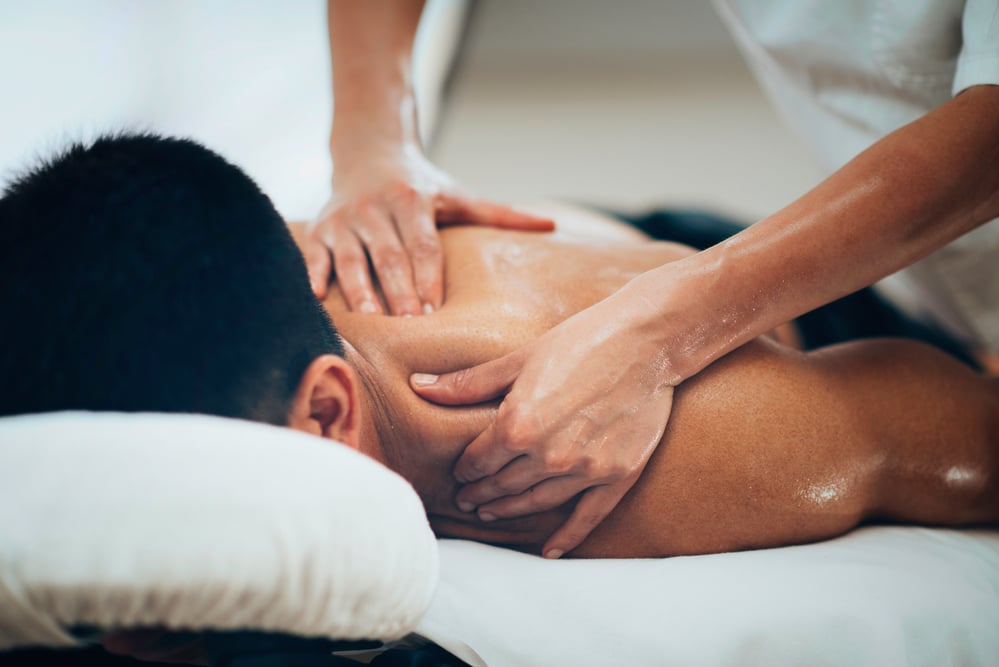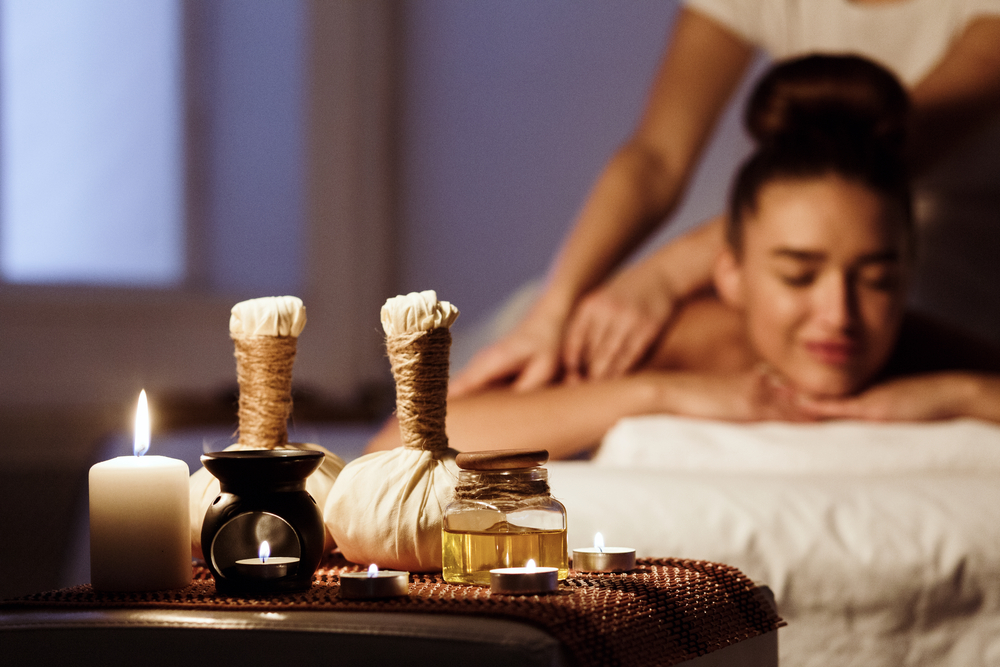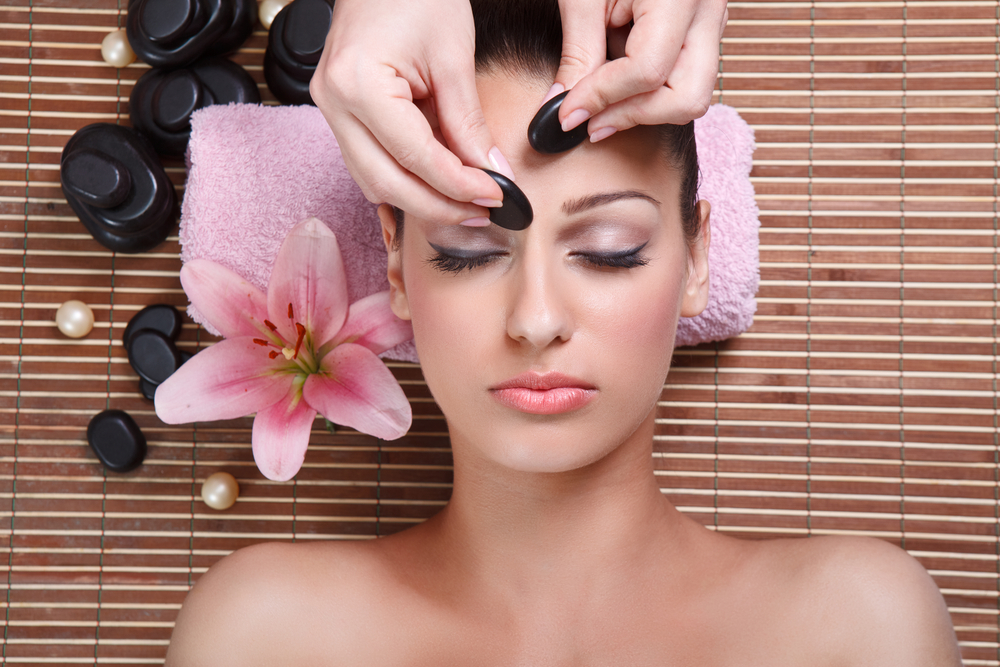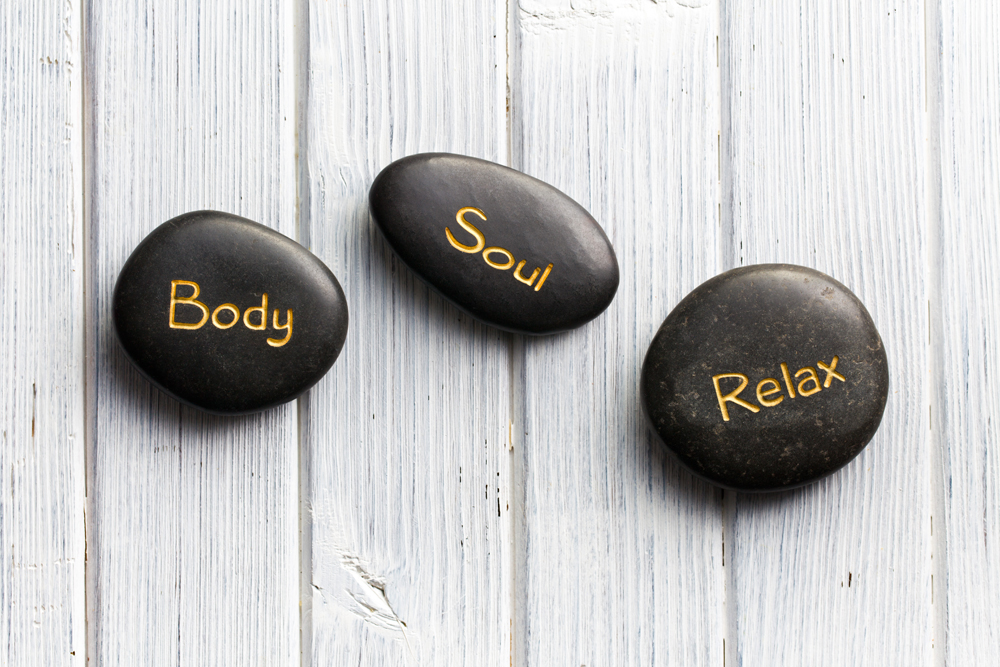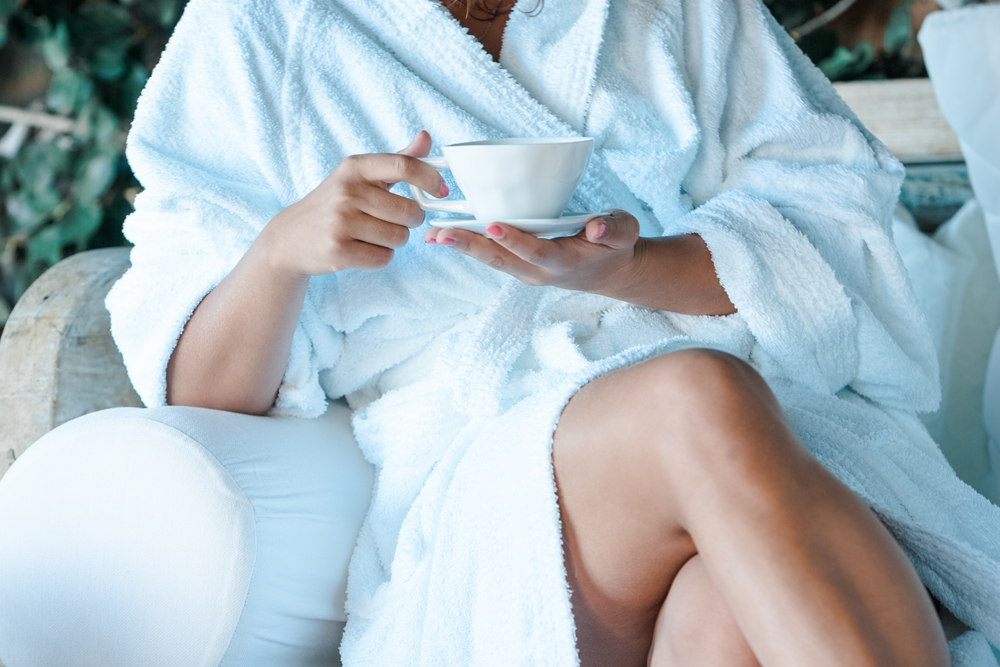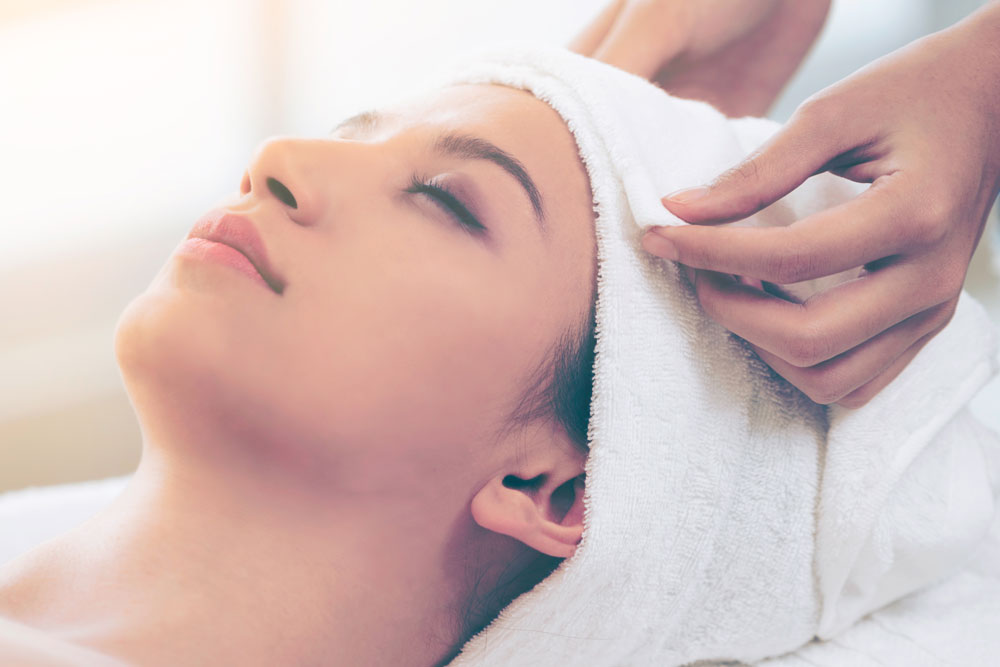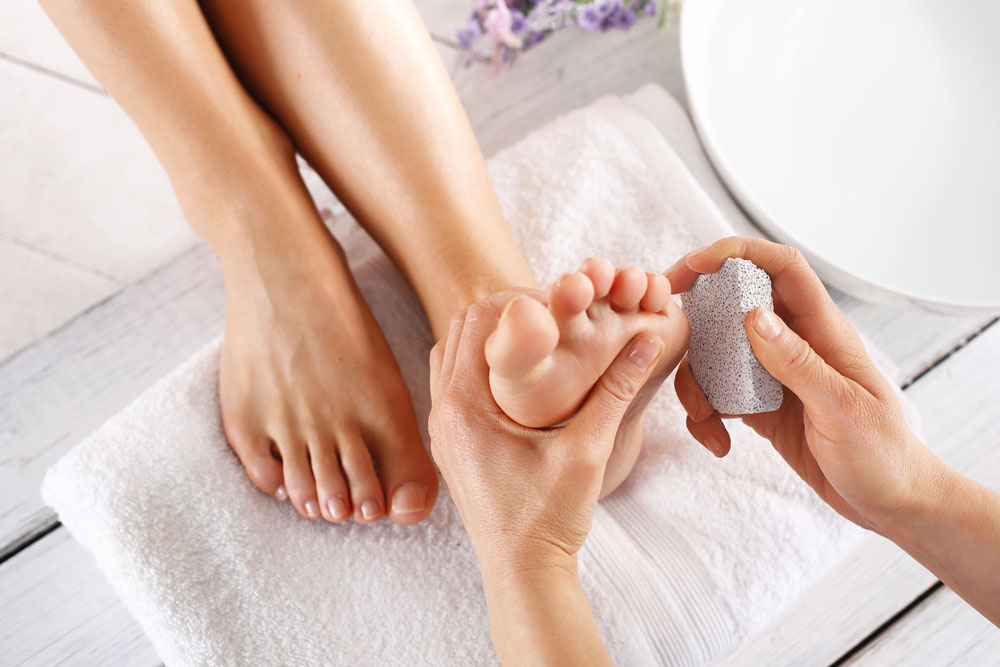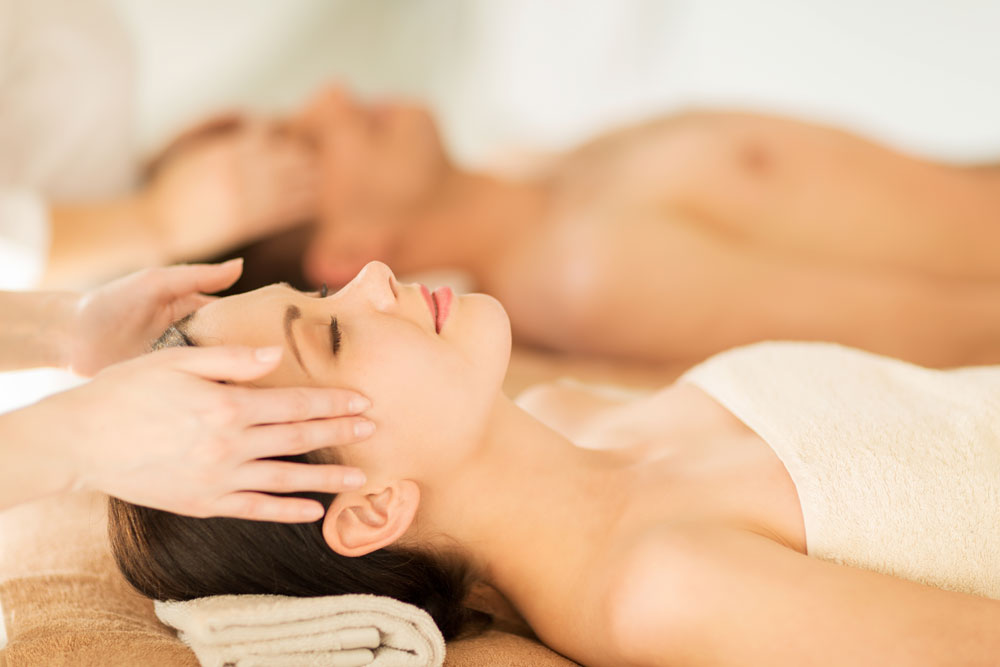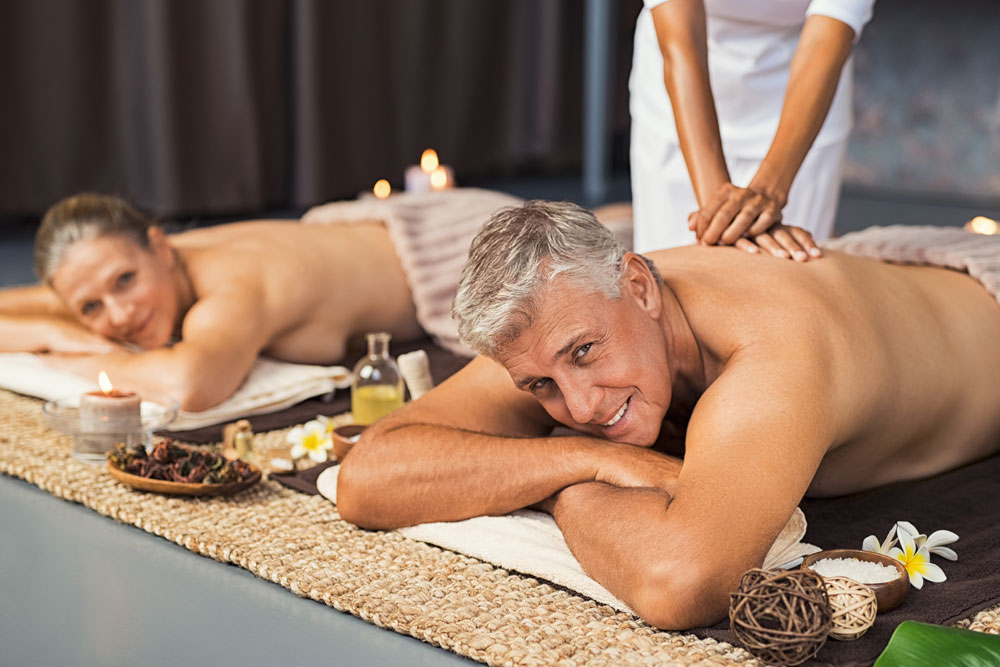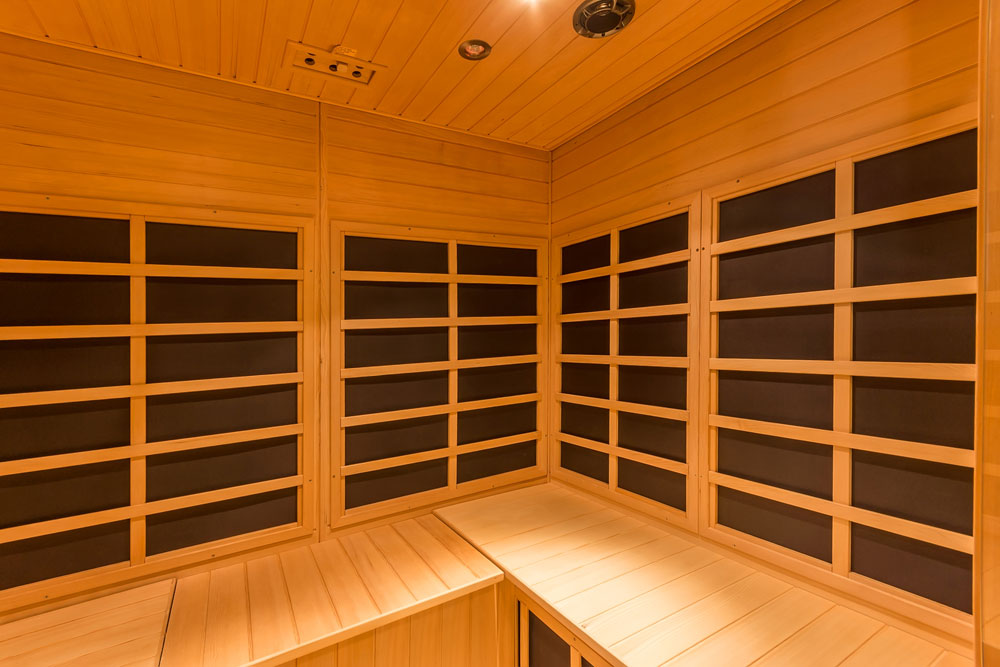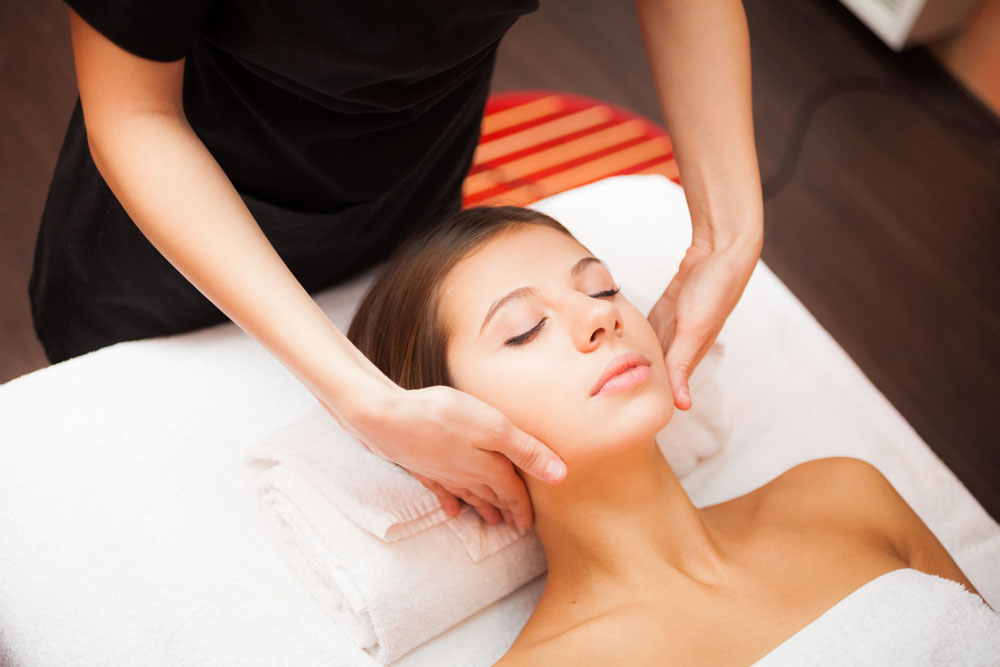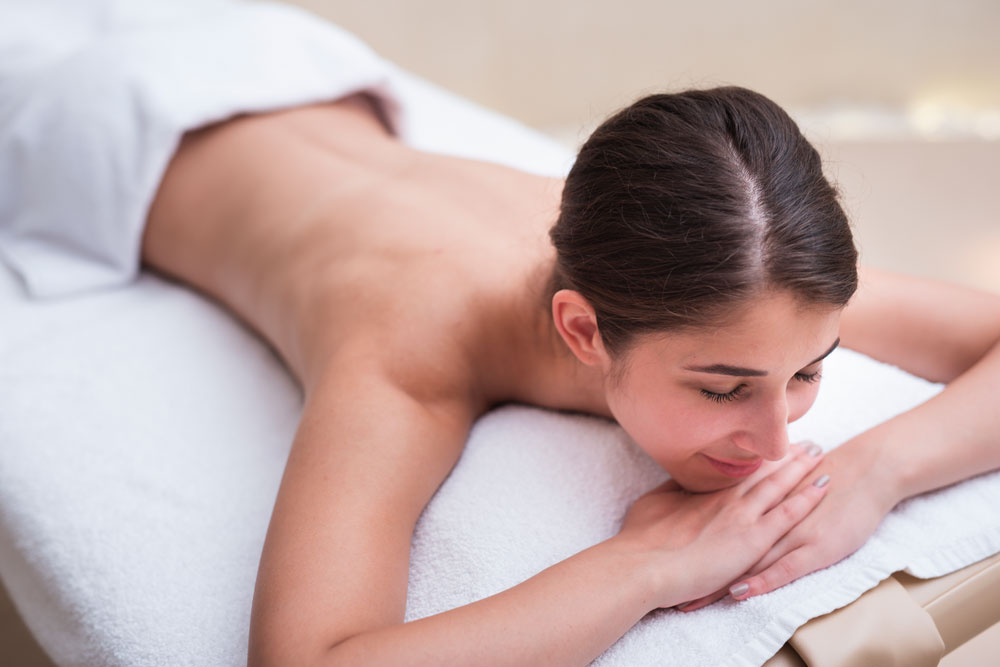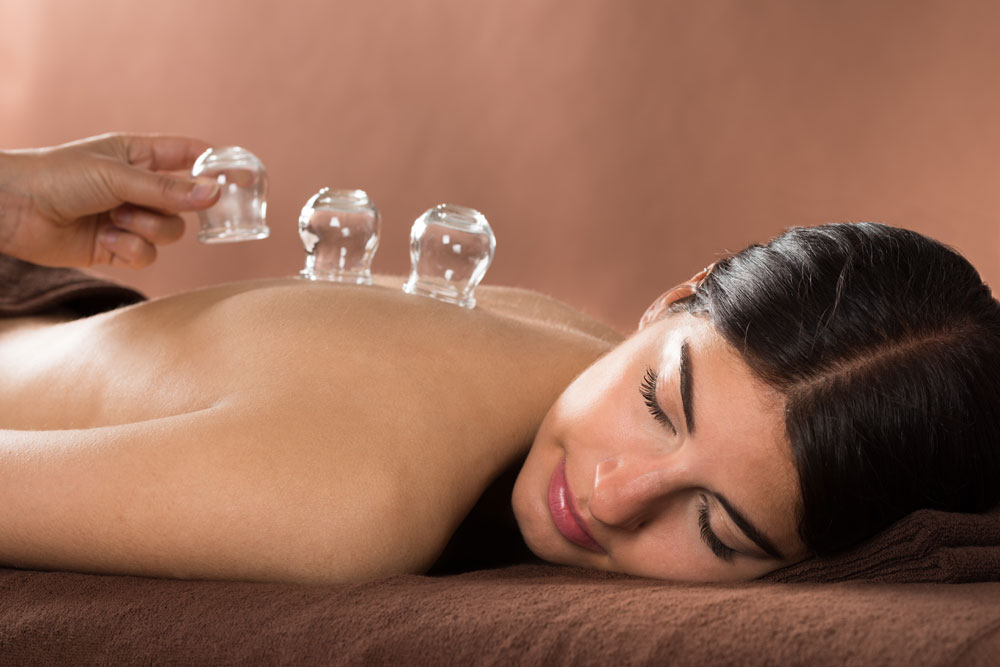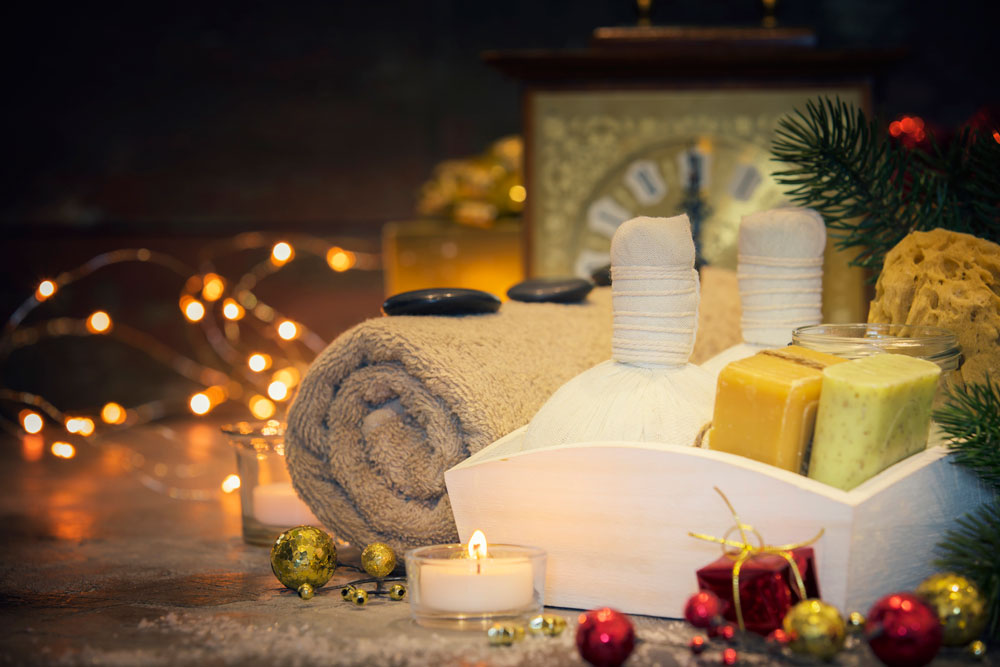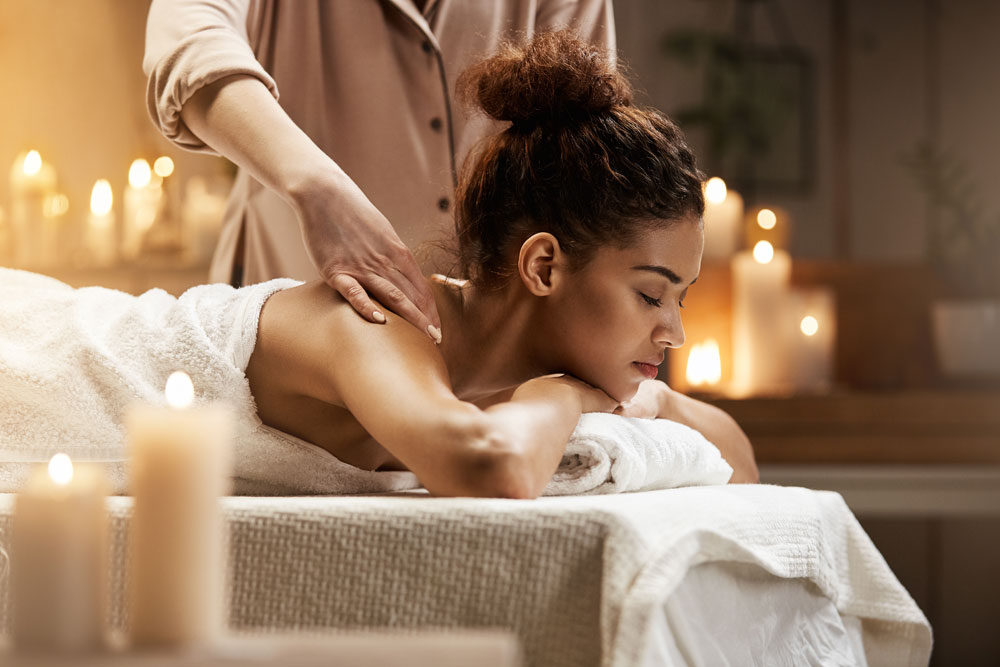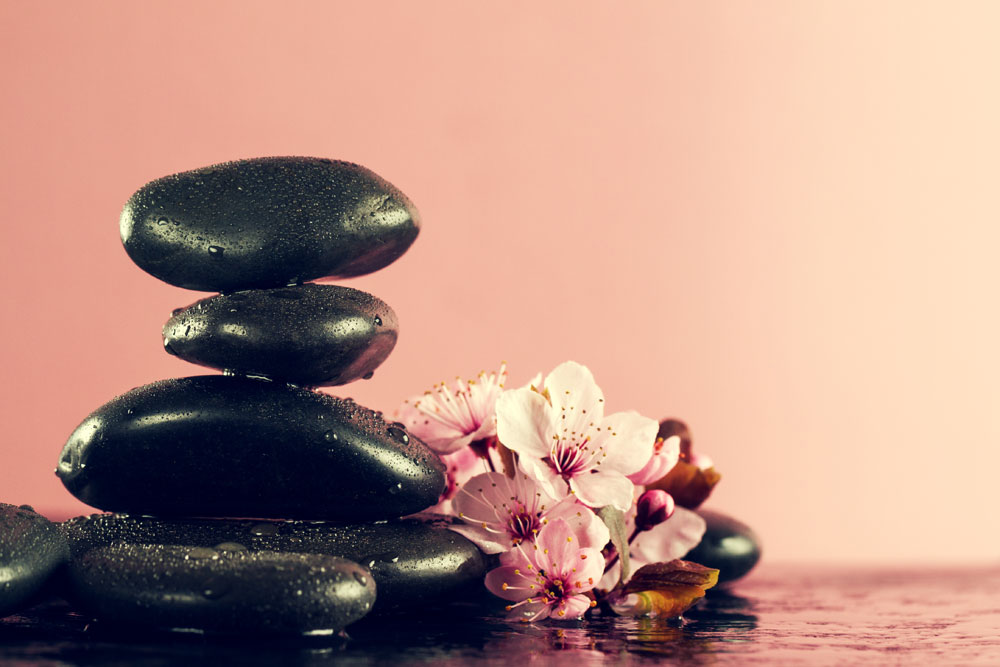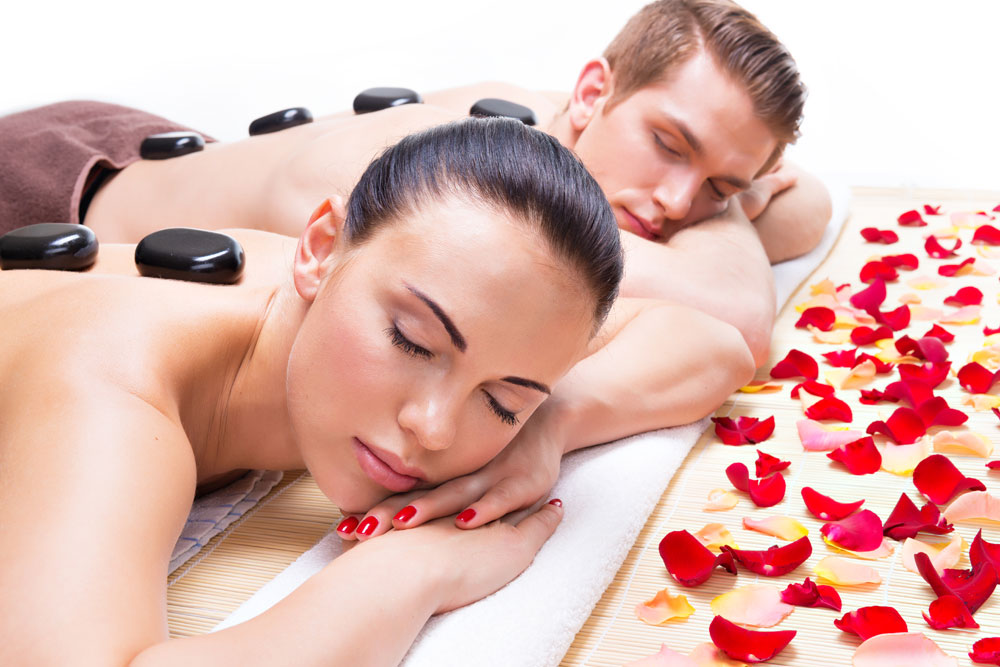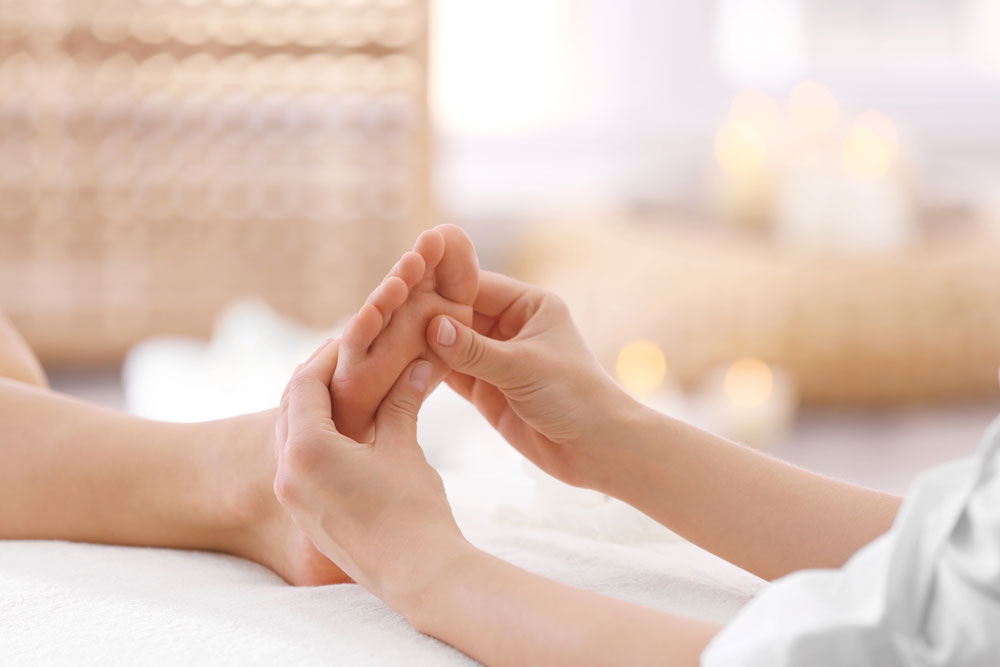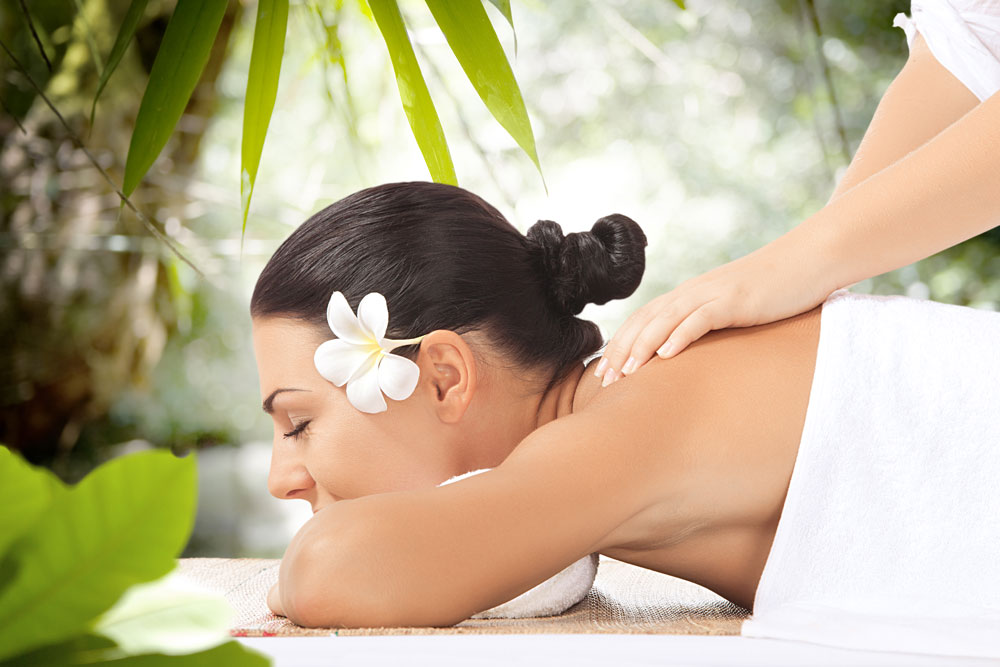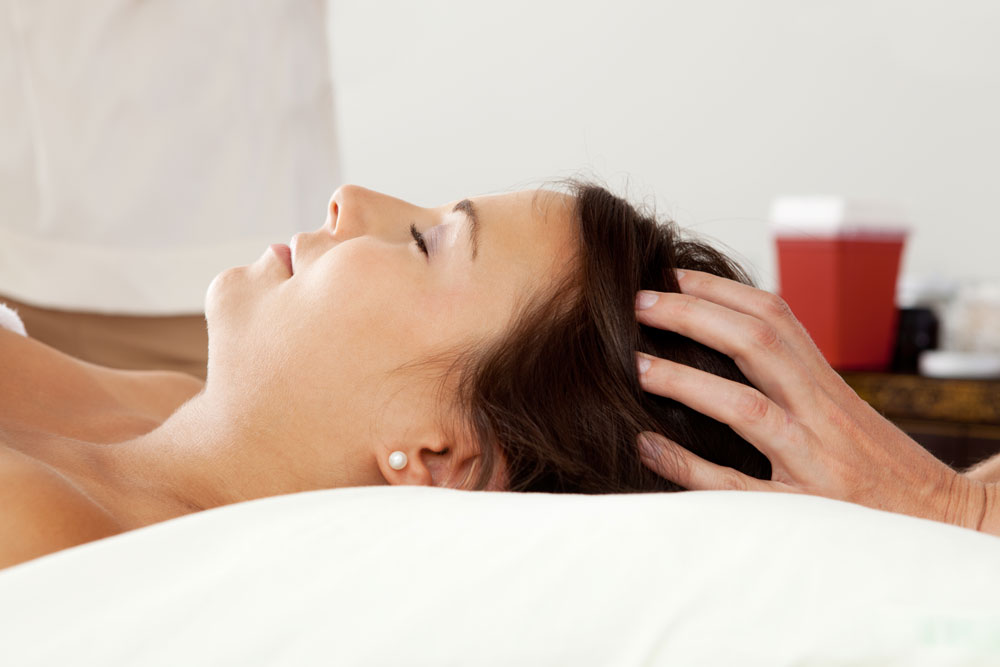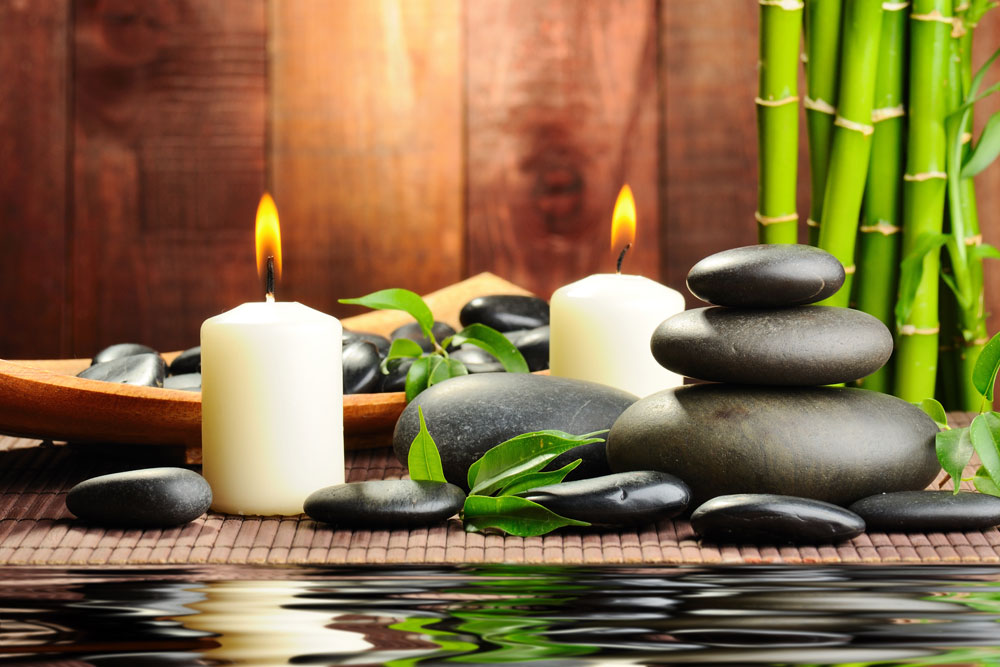Aromatherapy has been around for centuries for medicinal purposes. It is common in a variety of spa establishments and as part of massage therapy. To determine if it is ideal for you, learning more about the practice will help you to understand its benefits and limitations. With this information, you can decide if this essential oil therapy is an ideal choice.
It is an Ancient Practice
The origins of this practice go back to the prehistoric times. During this time, people used juniper berries to flavor foods and as an antiseptic.
The Egyptians used oils and resins from plants as part of the mummification process. At this time, some fragrant oils were considered more valuable than gold, such as juniper, myrrh, cardamom, benzoin, frankincense and lemongrass.
Around 2000 years BC, this practice began in India and China. They still widely practice this type of therapy in a variety of healing arts, from shiatsu massage to herbalism.
It is All Natural
The essential oils used for this practice come from plants. The first part of the process involves obtaining the plant’s essence. From here, distillation is used to extract the essential oils.
A lot of plant material is required to make an essential oil. For example, for one drop of rose oil, you need to use more than 30 roses. If you want just 10 milliliters of this oil, a few acres of roses need to be processed.
The vital essence of the plant is in the oil. This is the component that has a variety of therapeutic properties. It is the vital essence that works to protect plants against things like pests, disease and climatic changes.
This Practice Can Enhance a Massage
When used as part of a massage, aromatherapy can help to enhance pain management, relaxation and mood. The massage therapist can also use them to ensure that their strokes glide easier, helping to stretch and relax your muscles so that your tension alleviates better.
It is common to add oils to a massage or for the therapist to diffuse them in the room during your appointment. When added to a massage, the therapist usually puts a few drops into their massage lotion so that they can apply it directly to your skin. Common oils used during a massage include:
- Bergamot
- Chamomile
- Geranium
- Lavender
- Orange
- Tea tree
- Cedarwood
- Eucalyptus
- Ginger
- Lemon
- Peppermint
Smell is a Potent Trigger for the Brain
Essential oils in aromatherapy operate on the premise that smell can have an emotional and biological impact on well-being. It is believed that this therapy works to stimulate the nose’s smell receptors. This then sends messages to the limbic system via the nervous system.
The limbic system in the body is responsible for controlling emotions. This can have a variety of effects, such as calming and releasing stress. For example, if your grandmother made apple pie when you were a child, smelling apple pie may give you a calm feeling and a sense of nostalgia. Essential oils work on a similar premise for some of their effects.
Using Essential Oils in Aromatherapy
This is a very diverse type of therapy, allowing you to use the oils in a wide variety of ways, depending on what you are working to achieve. All of the methods rely on either skin absorption or your sense of smell to cause the positive effects. The following are common methods of usage:
- Aromatic spritzers
- Clay masks
- Bathing salts
- Facial steamers
- Diffusers
- Body creams, lotions, or oils for topical use and massage
- Cold and hot compresses
- Inhalers
It is possible to use a single oil at a time, or you can combine different oils to diversify the effects. You can add carrier oils (coconut oil, for examples) to dilute essential oils to alter the concentration for greater safety, especially when you are applying them directly to the skin. Carrier oils have no to little scent so that they do not negatively impact the effects of essential oils.
Benefits of Oils in Aromatherapy
These oils are associated with a wide variety of benefits. Some of the most common uses include:
- Pain management
- Agitation, anxiety and stress reduction
- Treating migraines and other types of headaches
- Easing discomfort during childbirth
- Improving digestion
- Boosting your immunity
- Sleep quality improvement
- Soothing sore joints
- Reducing certain chemotherapy side effects
- Fighting viruses, bacteria and fungi
- Enhancing palliative and hospice care
There is some research into how essential oils may benefit a specific ailment. For example, peppermint oil is commonly used for different types of digestive problems. It may be recommended to people who experience nausea as a result of certain medications or pregnancy. Simply inhaling the scent may reduce your nausea.
Clove oil is common for certain oral health issues. For example, applying this oil topically to a tooth that is aching may help to reduce your discomfort. It may do the same for sores in your mouth.
Chamomile oil may help to calm eczema flares. It is important to first dilute it with a carrier oil to ensure safe application.
Lavender is a popular choice for anxiety and stress. Applying a little diluted lavender oil to your inner wrists and sniffing when you experience stress may help to calm you.
Aromatherapy is simple and comes with a wide variety of benefits. Whether you prefer to use it via smell or with massage therapy, it is important to ensure proper use. Schedule an appointment with our spa today to learn more and enjoy the benefits of aromatherapy.

